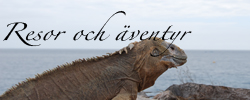Your Ultimate Dream Expedition
All the tips, facts, and a lot more you want to know before going to Galapagos.
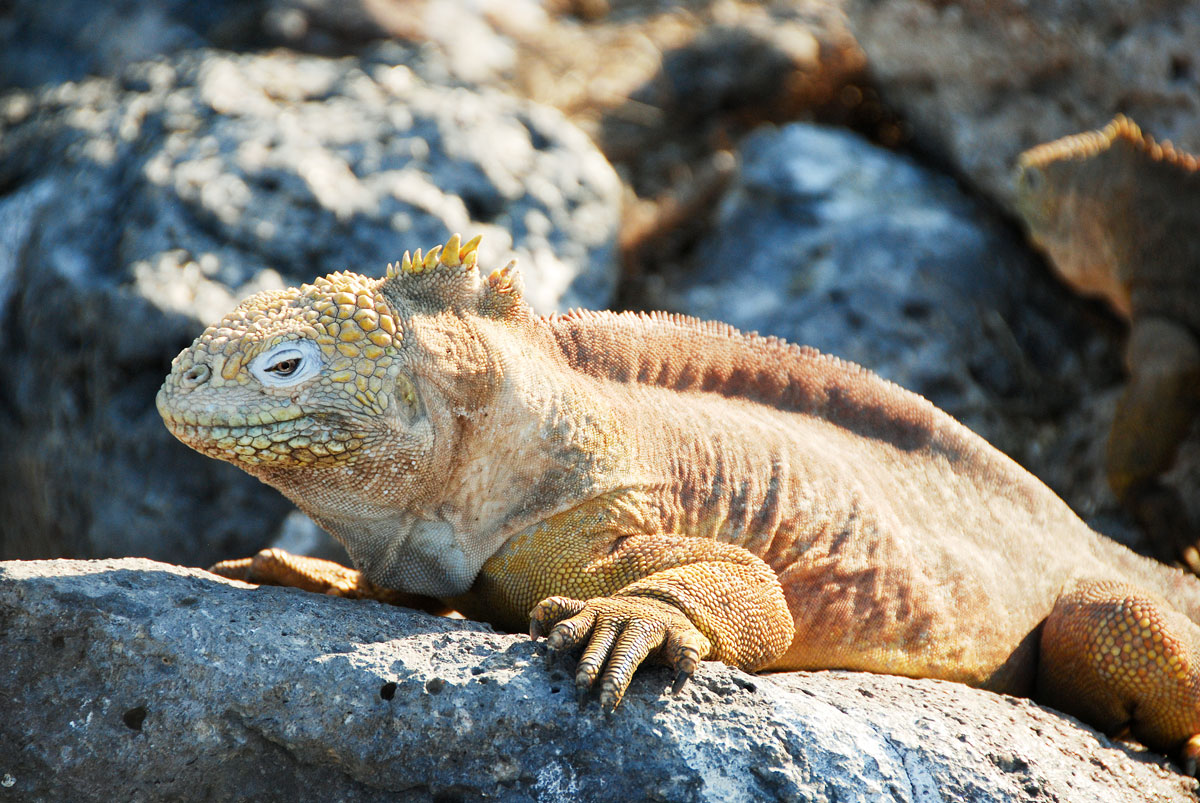
Contents
Map • Introduction • San Cristóbal • South Plaza Island • Isla Santa Cruz • Espanola • Facts
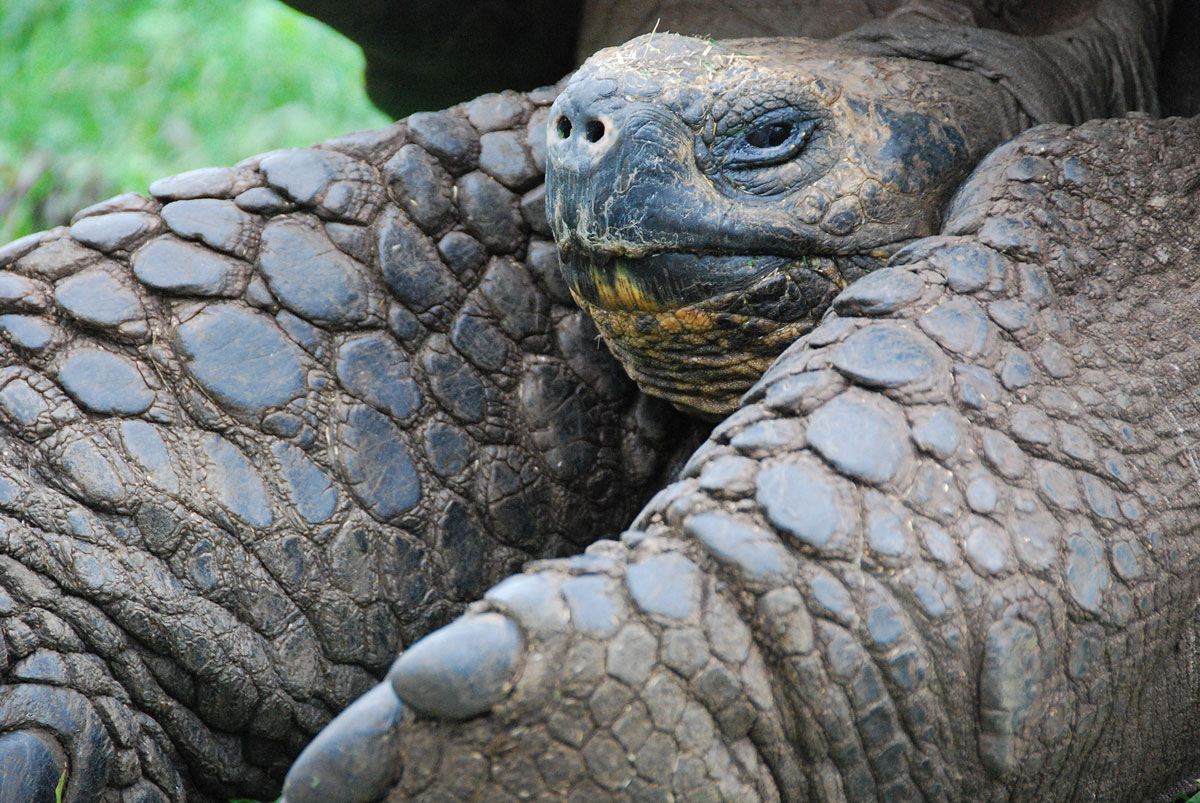
Map of Galapagos
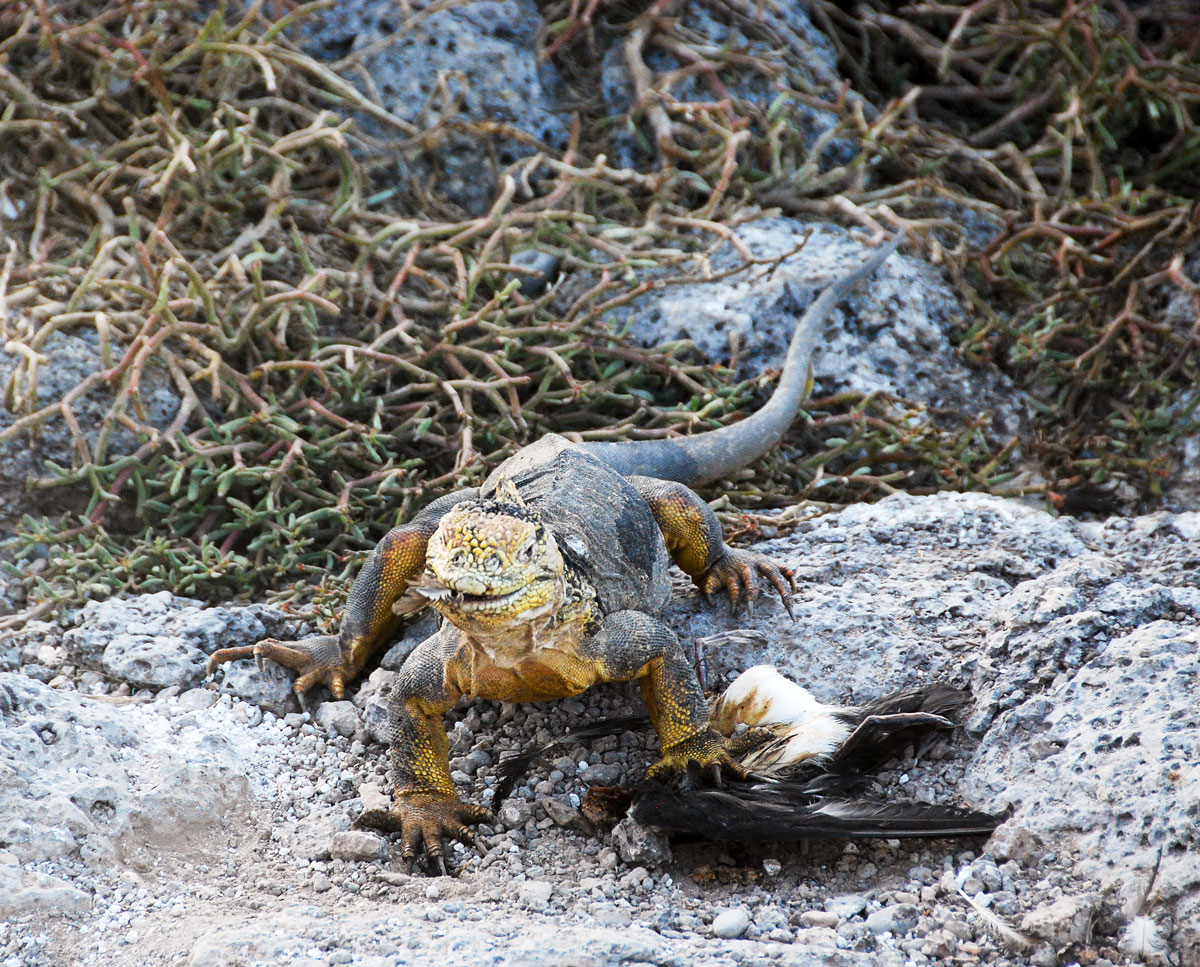
Introduction
Galapagos has a unique flora and fauna due to its isolated and remote location. The animals on the island lack natural enemies which means that they are not afraid of people at all. It feels quite extraordinary to stand only a meter away from a sea lion or a large bird of prey.
Endemic species on Galápagos
There are a number of endemic animal species (= species that only occur in a certain geographical area) on Galápagos, inter alia:
- Galápagos giant tortoise
- Galápagos hawk
- Galápagos land iguana
- Galápagos penguin
- Galápagos dove
- Galápagos sea lion
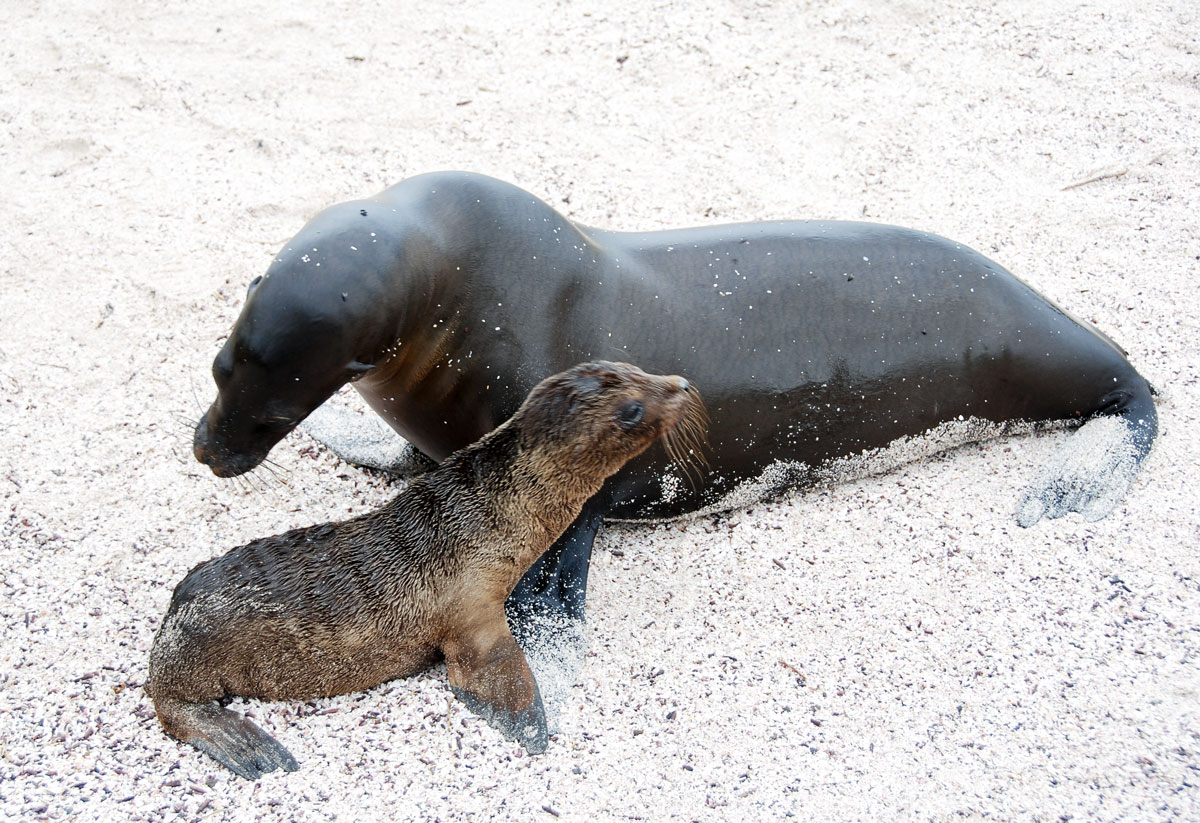
Galápagos vegetation zones
The Galápagos Islands have six different vegetation zones: The open sea, the rocky islands, the coast, the dry zone, the transition zone and the humid zone.
The dry low land is rocky, barren, full of lava rock formations and interesting fauna. This is the home of reptiles (including lava lizards, snakes, iguanas, sea turtles), birds (blue-footed boobies, Galápagos hawks, doves) and insects.
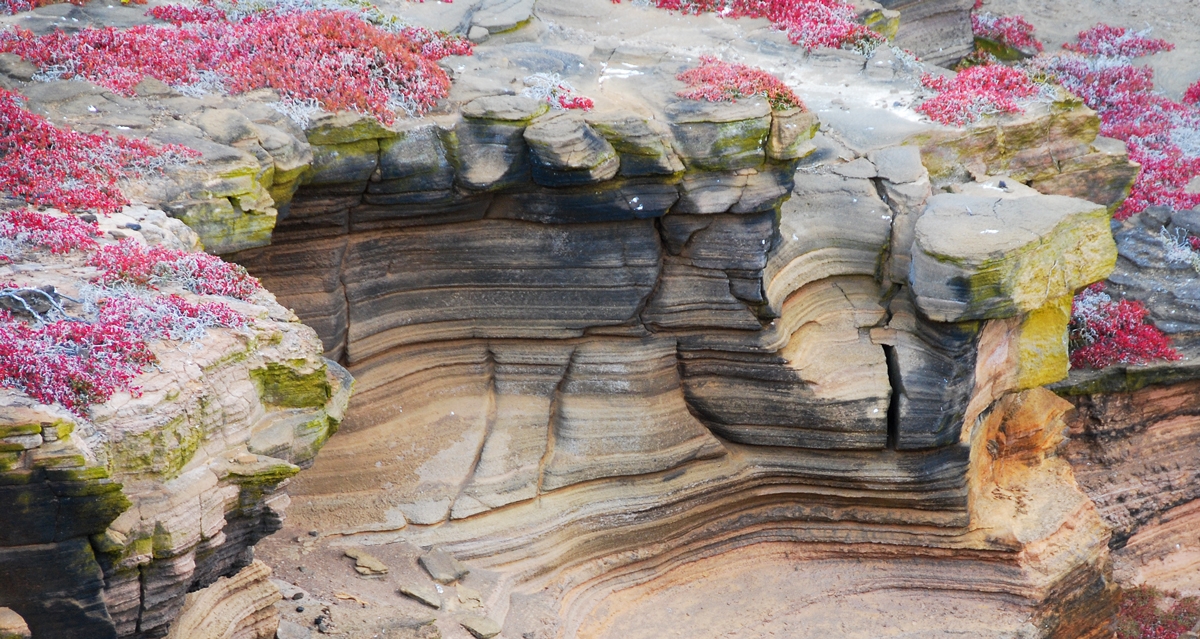
The highland is the complete opposite. It is green and lush and full of giant tortoises.

Galápagos is one of the best places in the world for scuba diving and snorkeling. If you are lucky you will meet sea lions who play with you, as well as spotted eagle rays, green sea turtles, Galápagos sharks or scalloped hammerhead sharks.
When we expressed our concern about meeting sharks while snorkeling, our guide said: “Don’t you worry, they only eat at night!” Actually, we did not meet any so I could’t say whether it is true or not.
What to pack
Don’t forget to pack pills for motion sickness, a sun hat (it gets hot!), sun glasses to protect your eyes and suncreen with an SPF of 30, or higher still. Remember that we are at the equator and that the UVI can reach up to 20, which is huge.
Also, good boots is a must because the terrain on some of the islands may be a little difficult and full of big rocks.
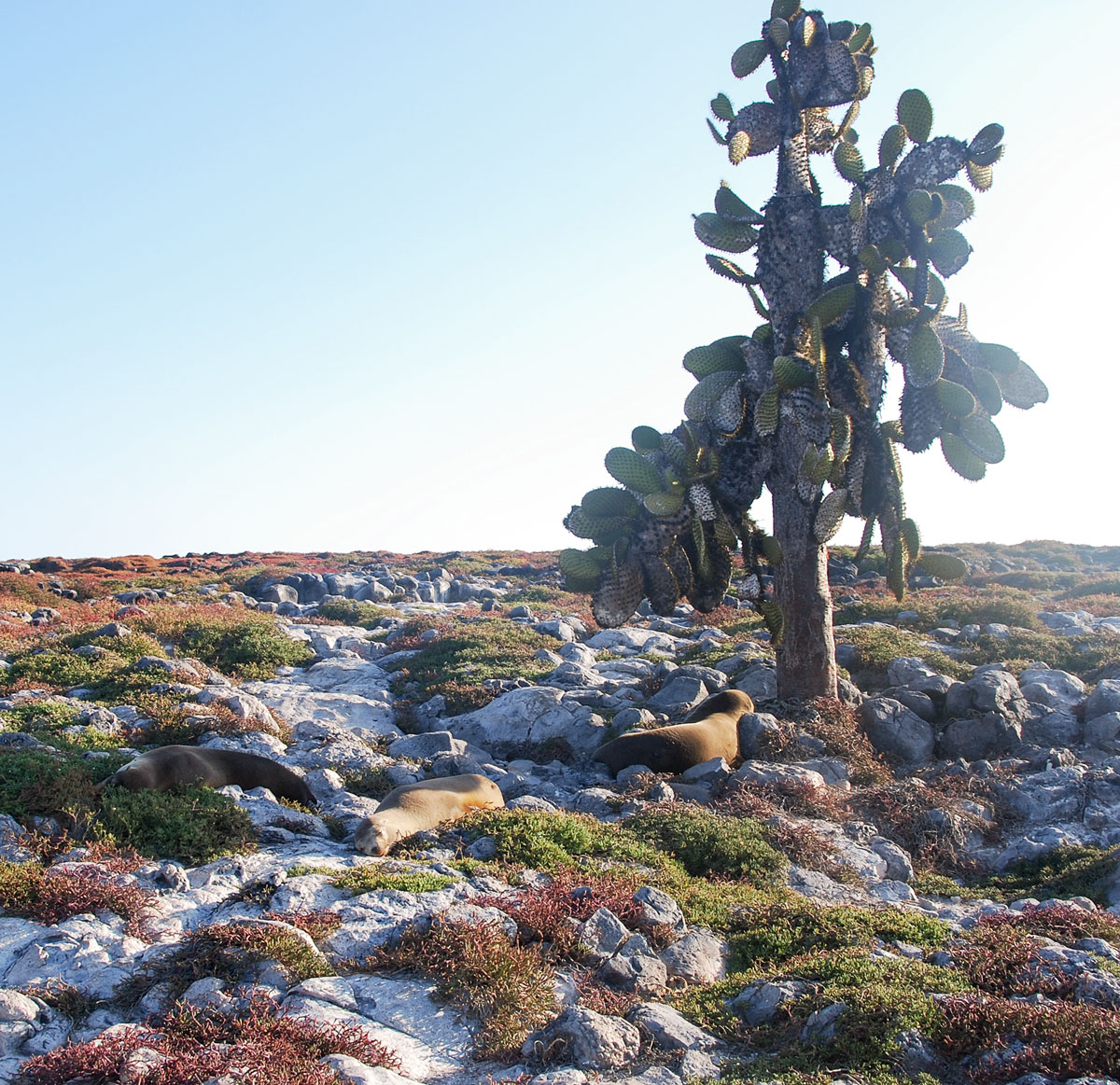
San Cristóbal
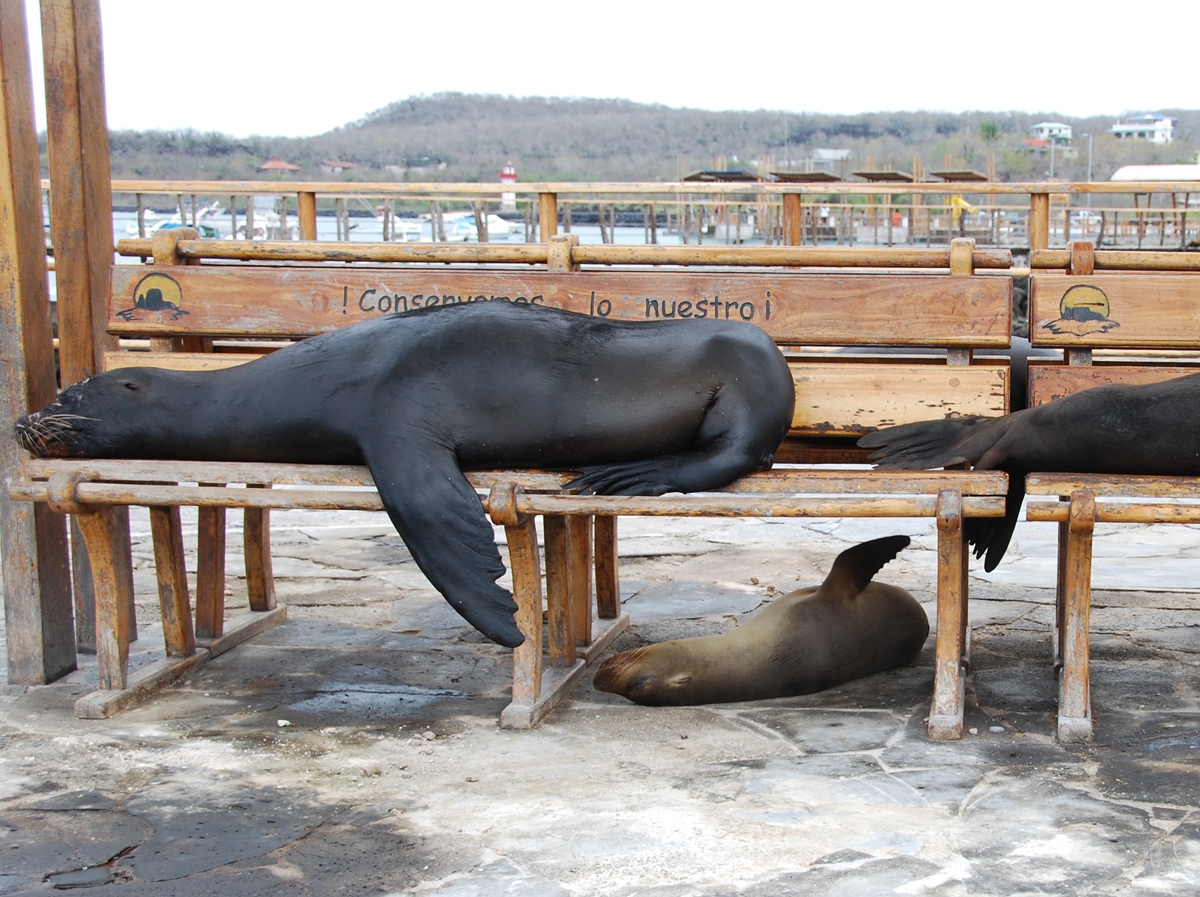

Puerto Baquerizo Moreno where we get picked up to the cruise ship.

Punta Pitt
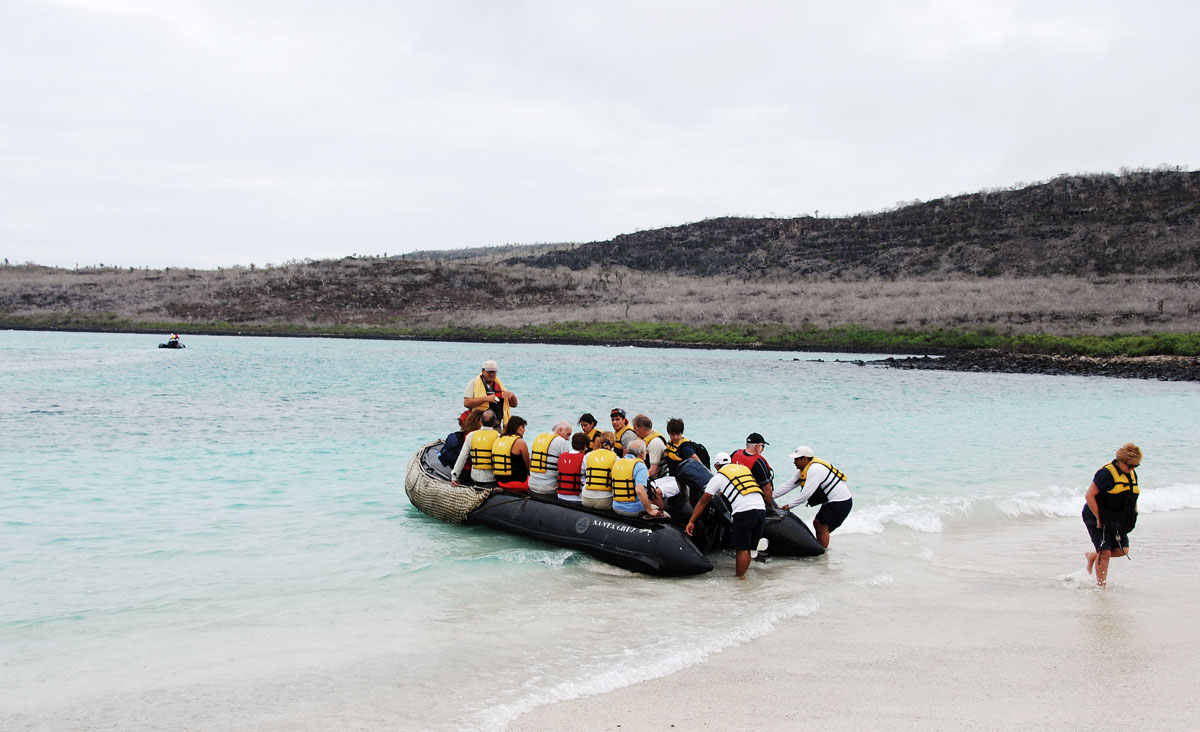
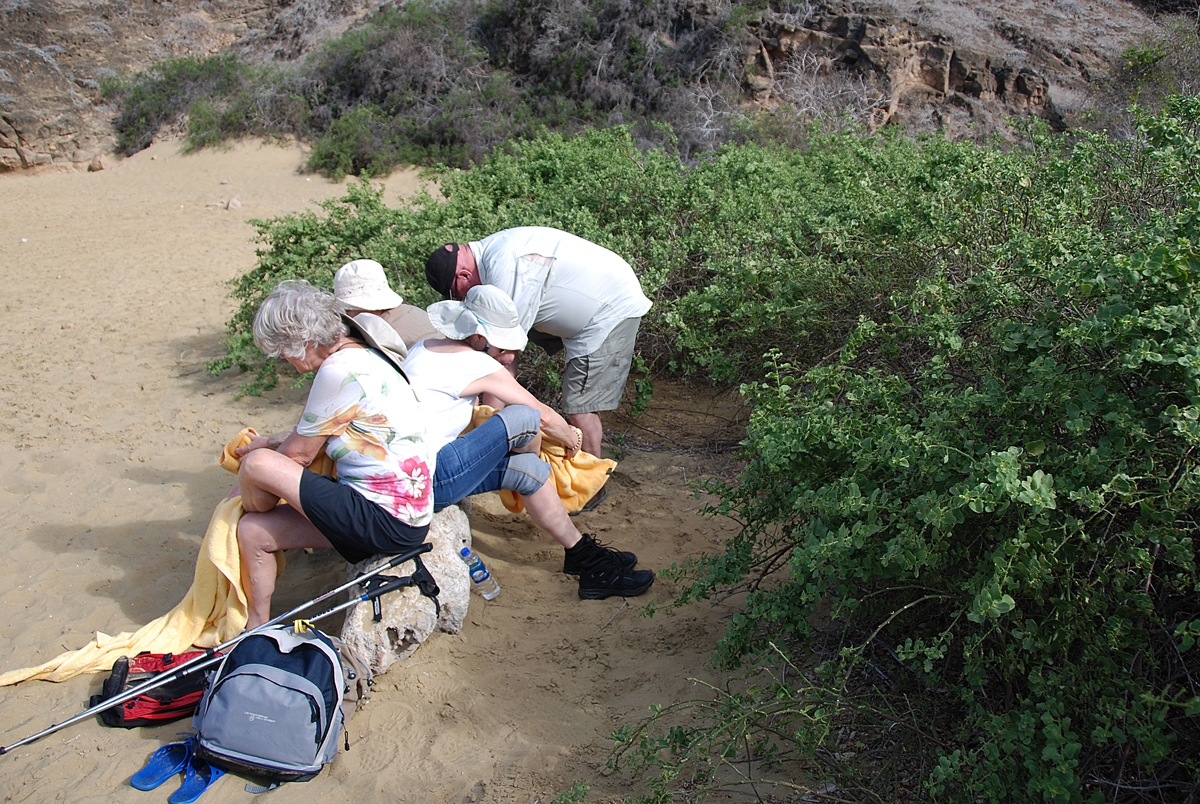



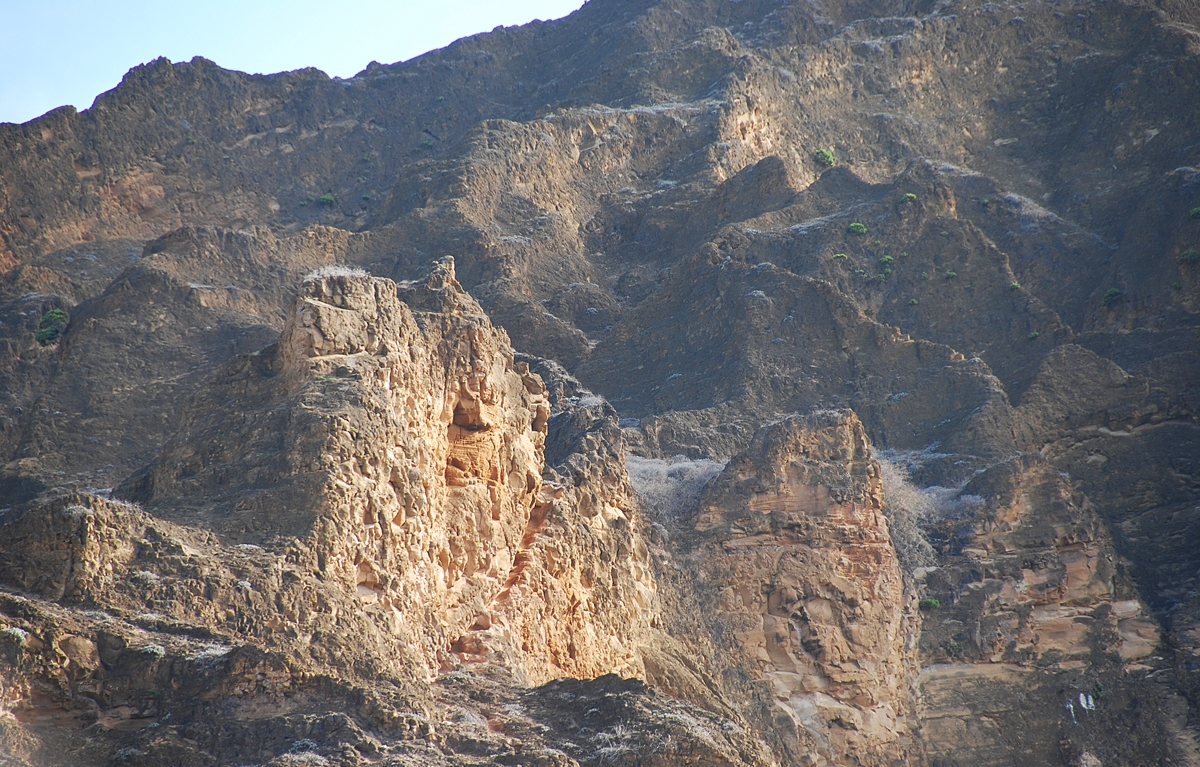
Even though the Galápagos Islands consist of volcanic islands they have different flora and fauna.
To preserve the characteristics of Galápagos you may not leave anything behind, like a candy wrapper, or take anything with you, for example a piece of a rock or a seashell.

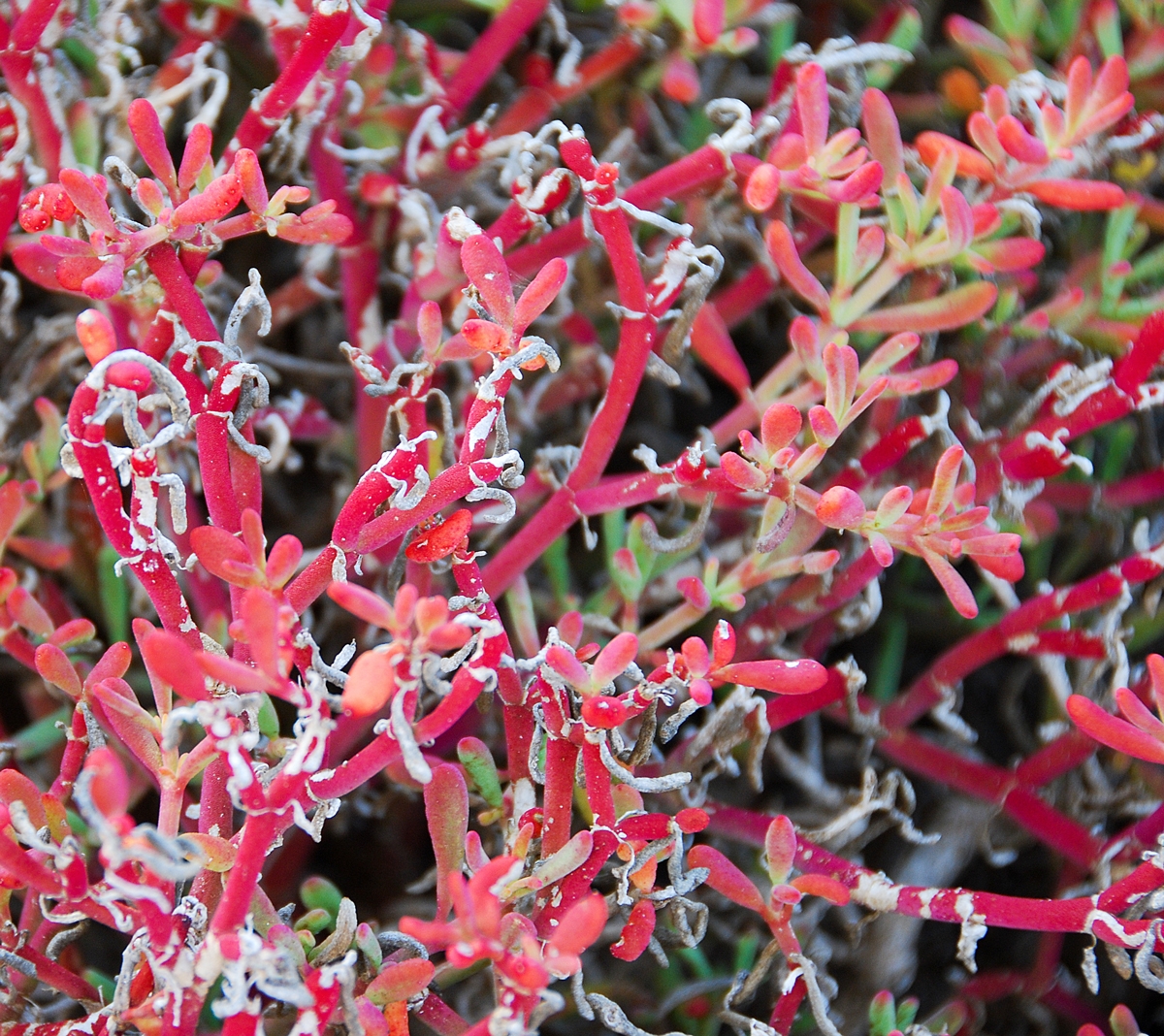

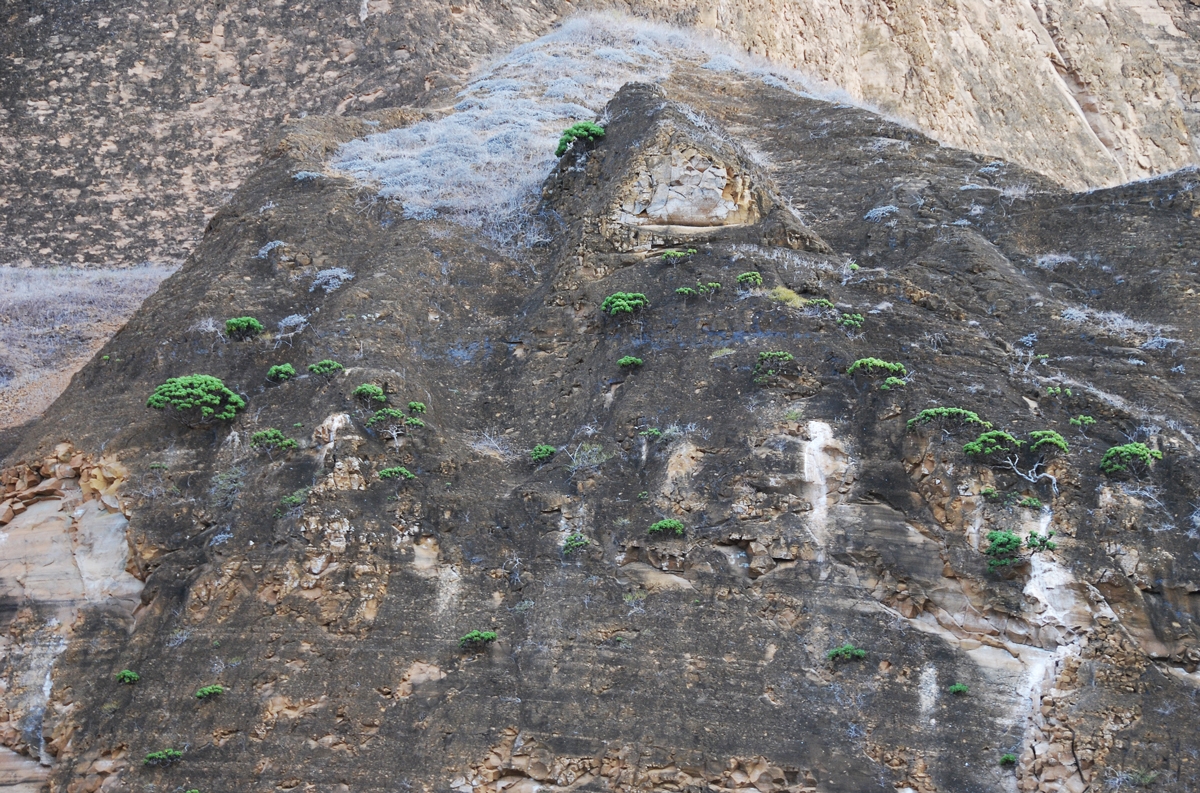
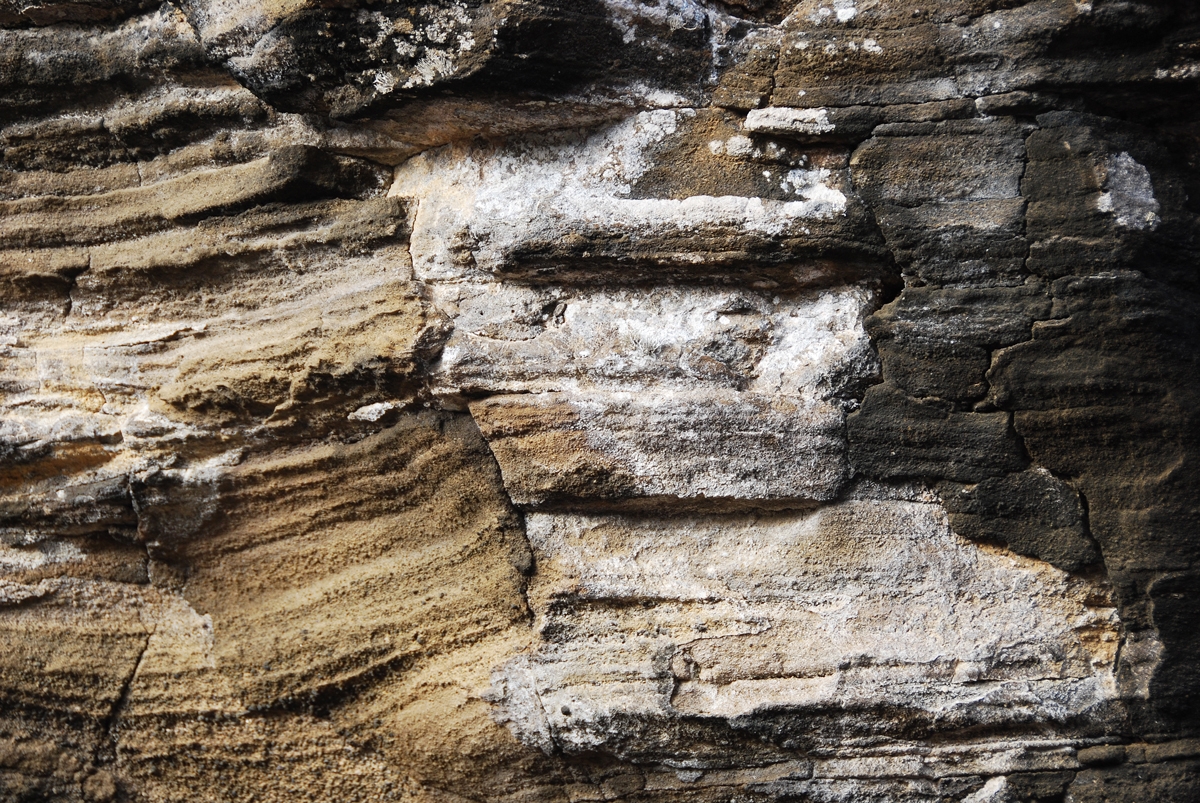
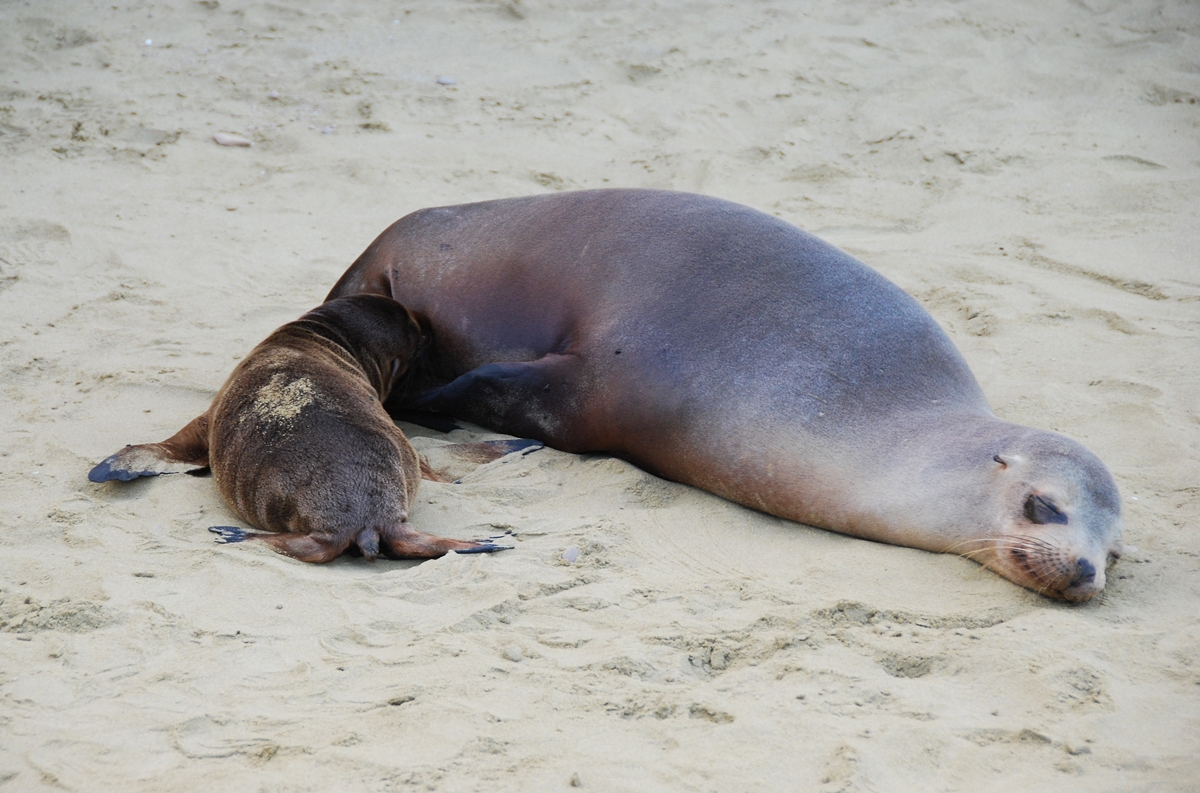

Santa Fé

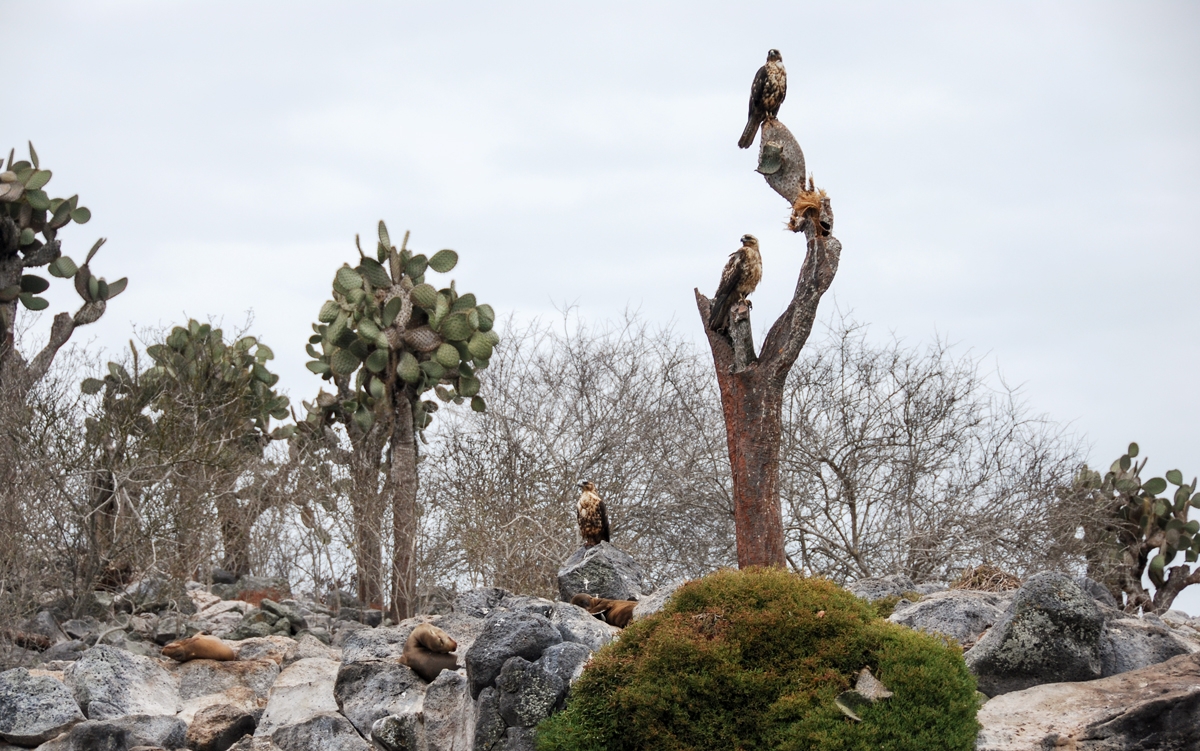
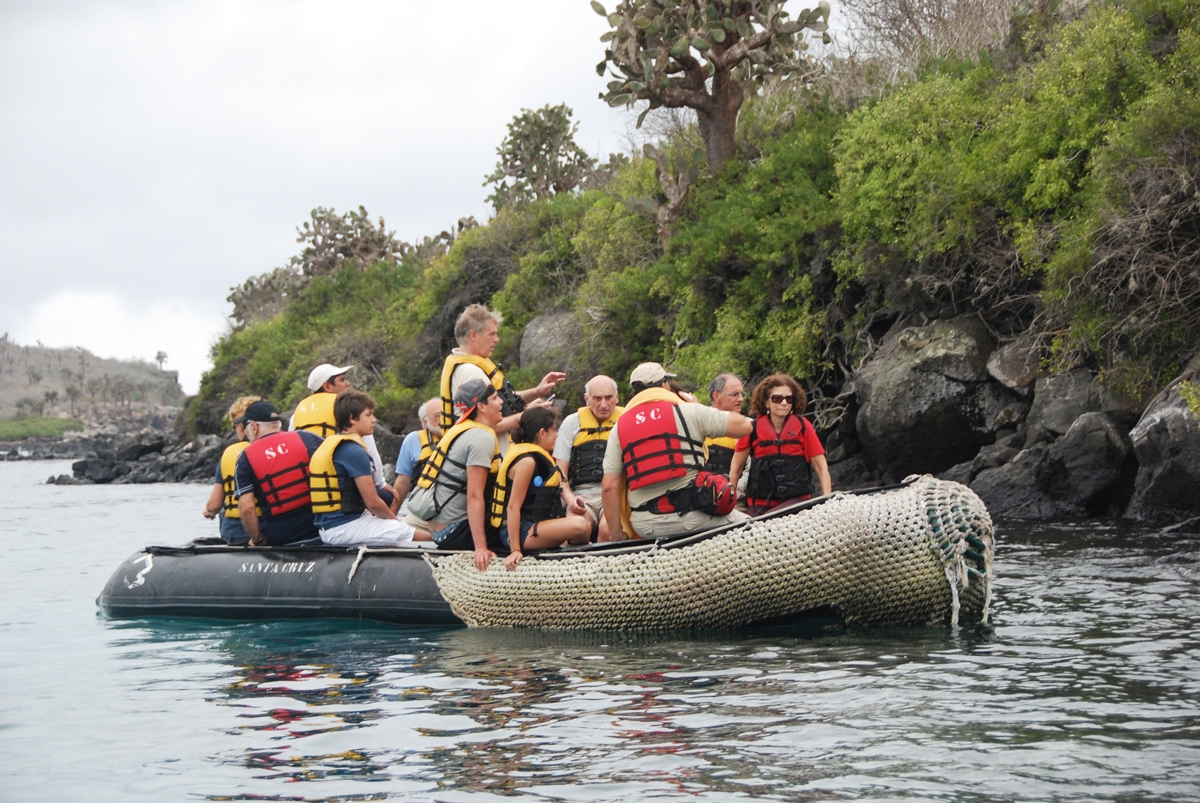

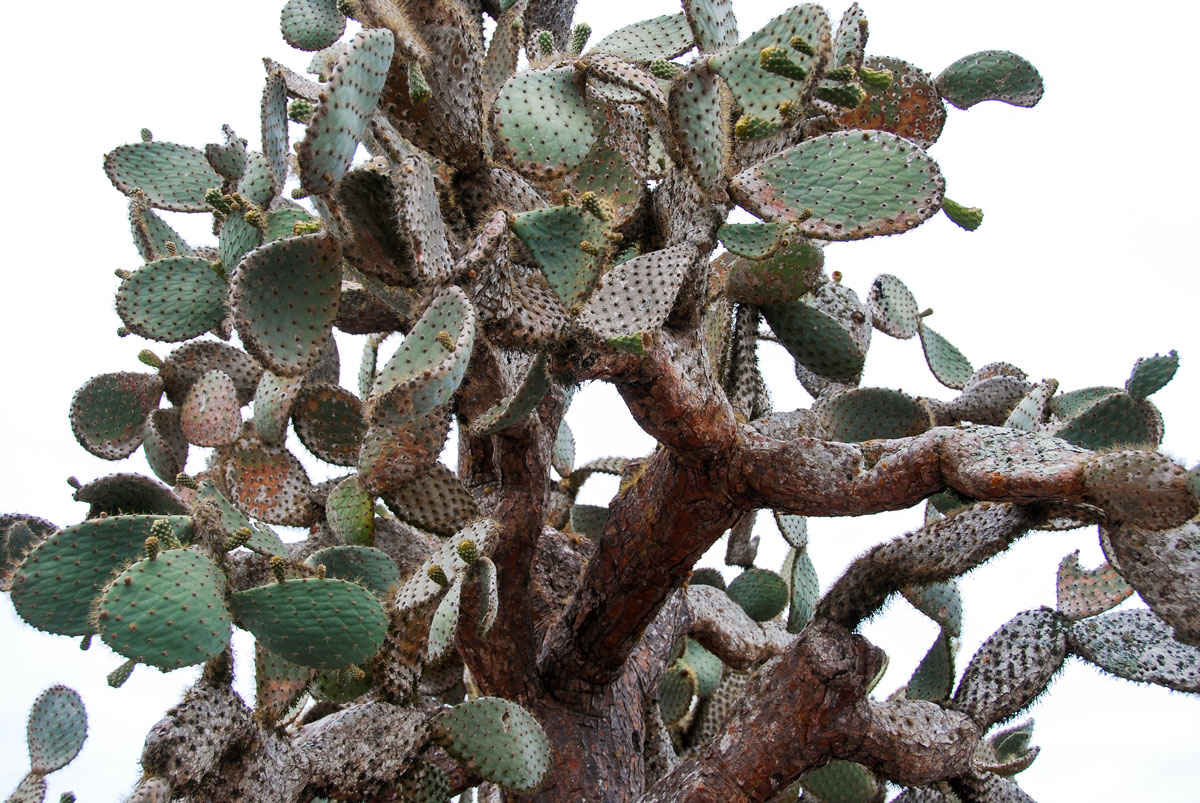


South Plaza Island
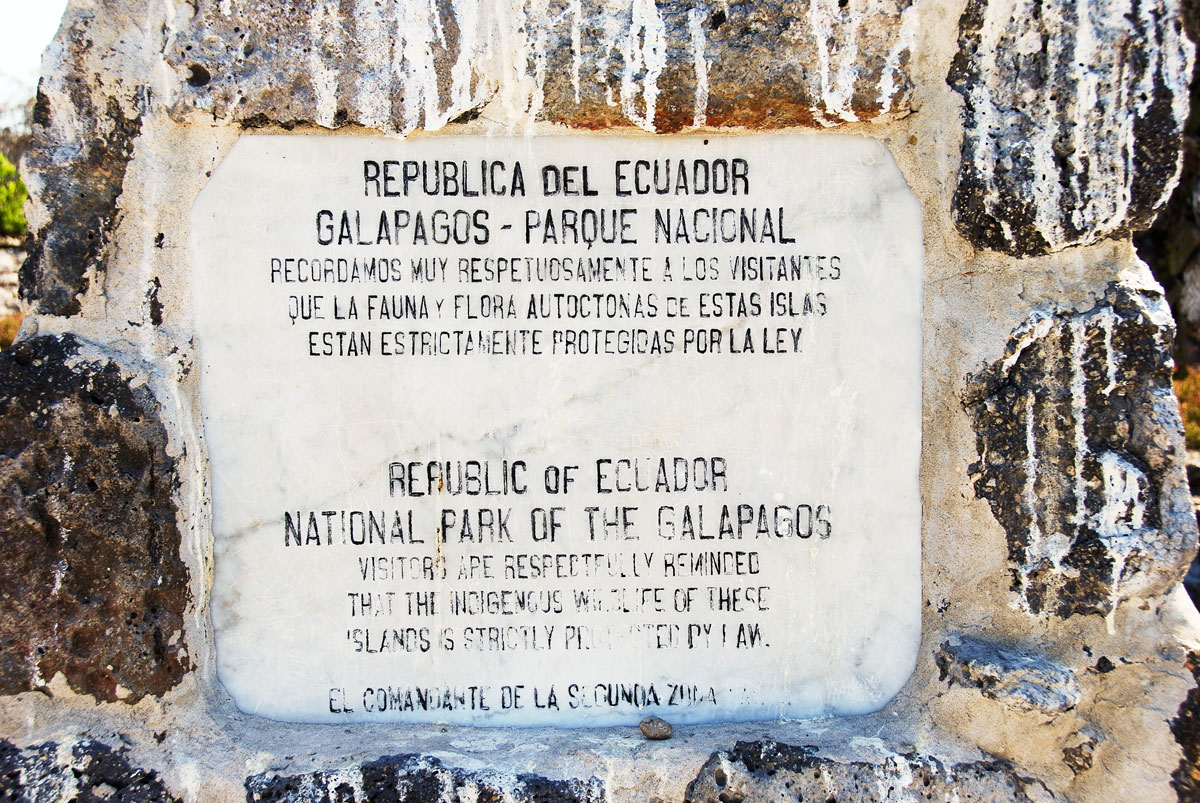
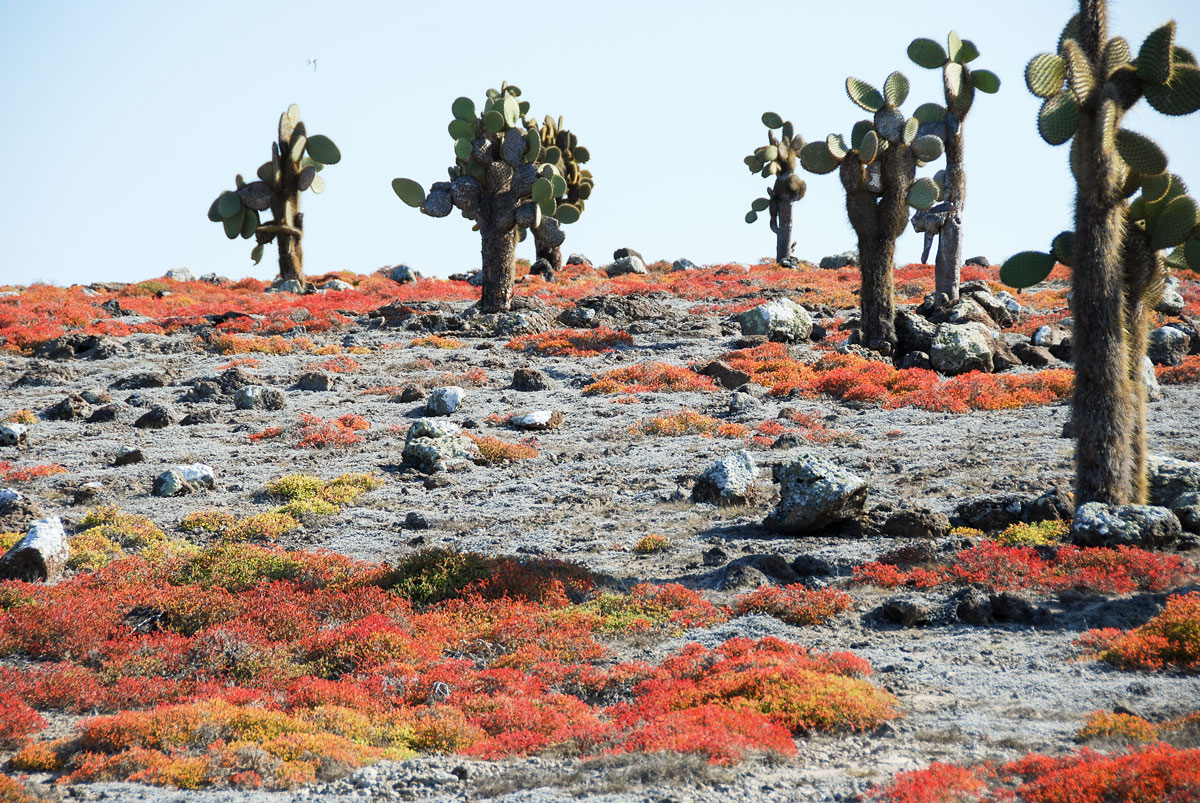
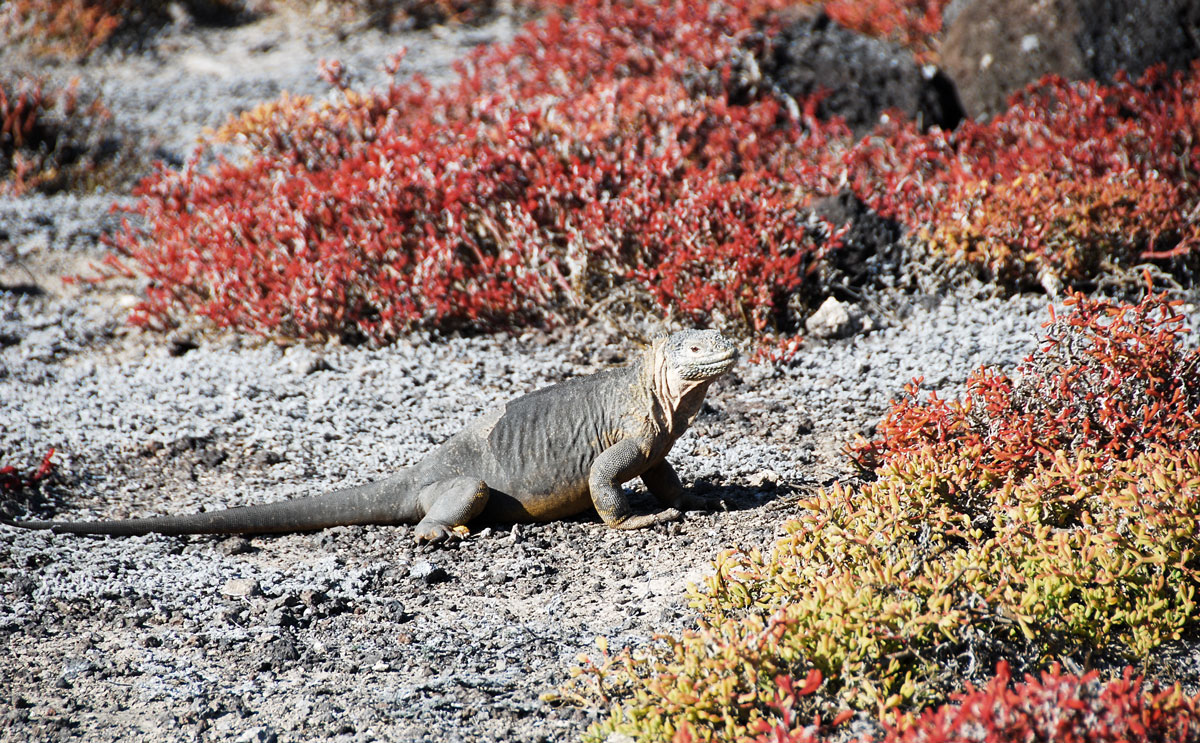
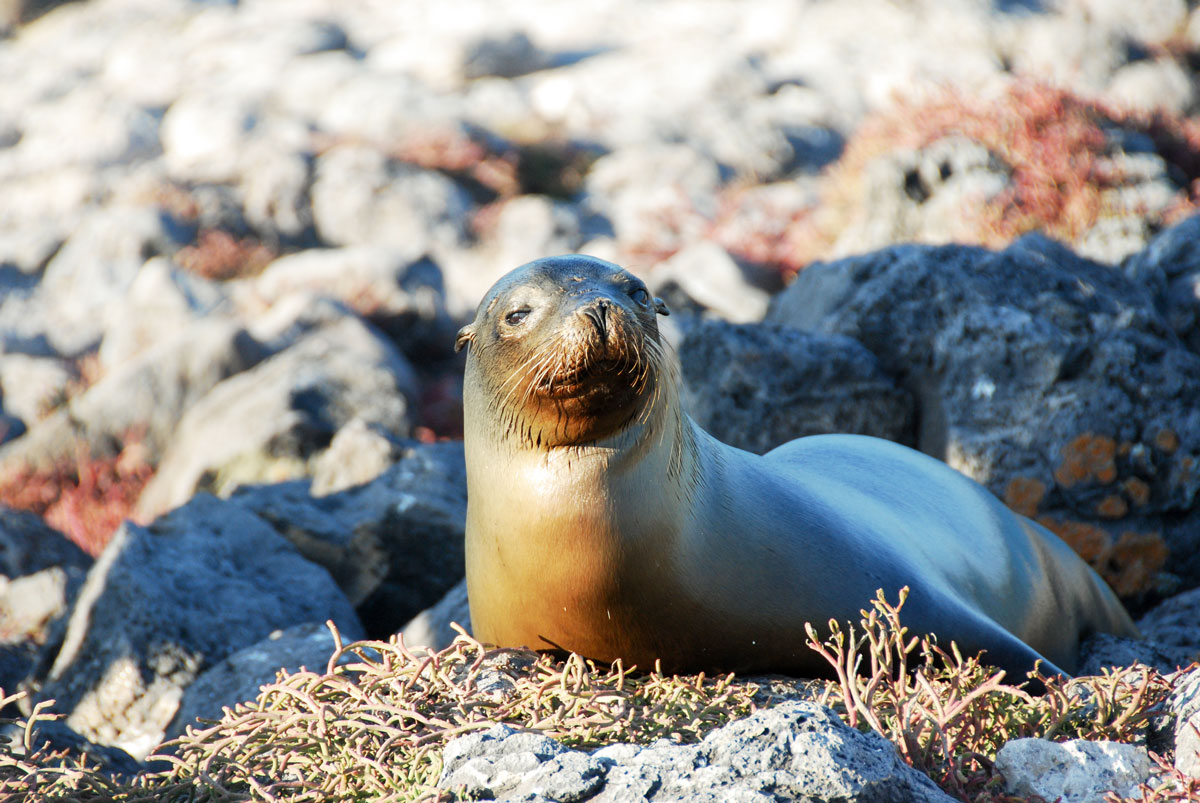

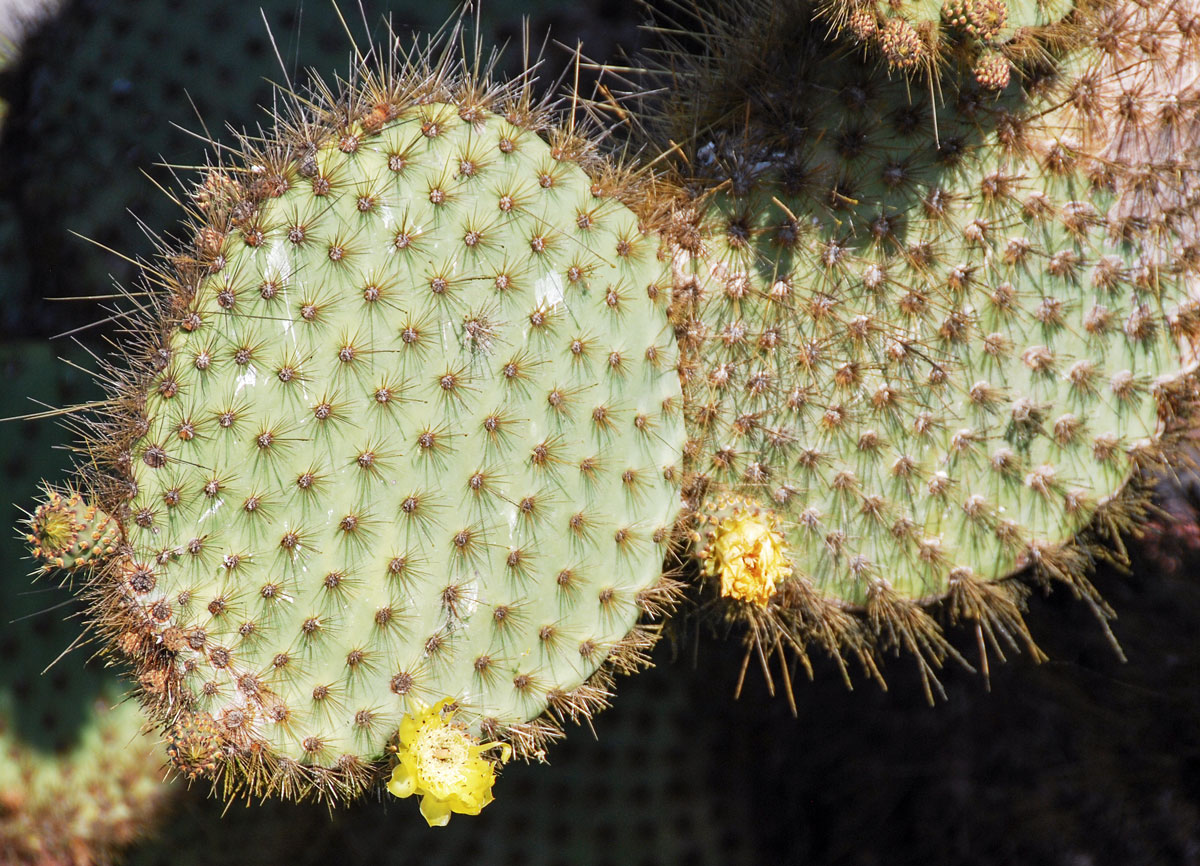
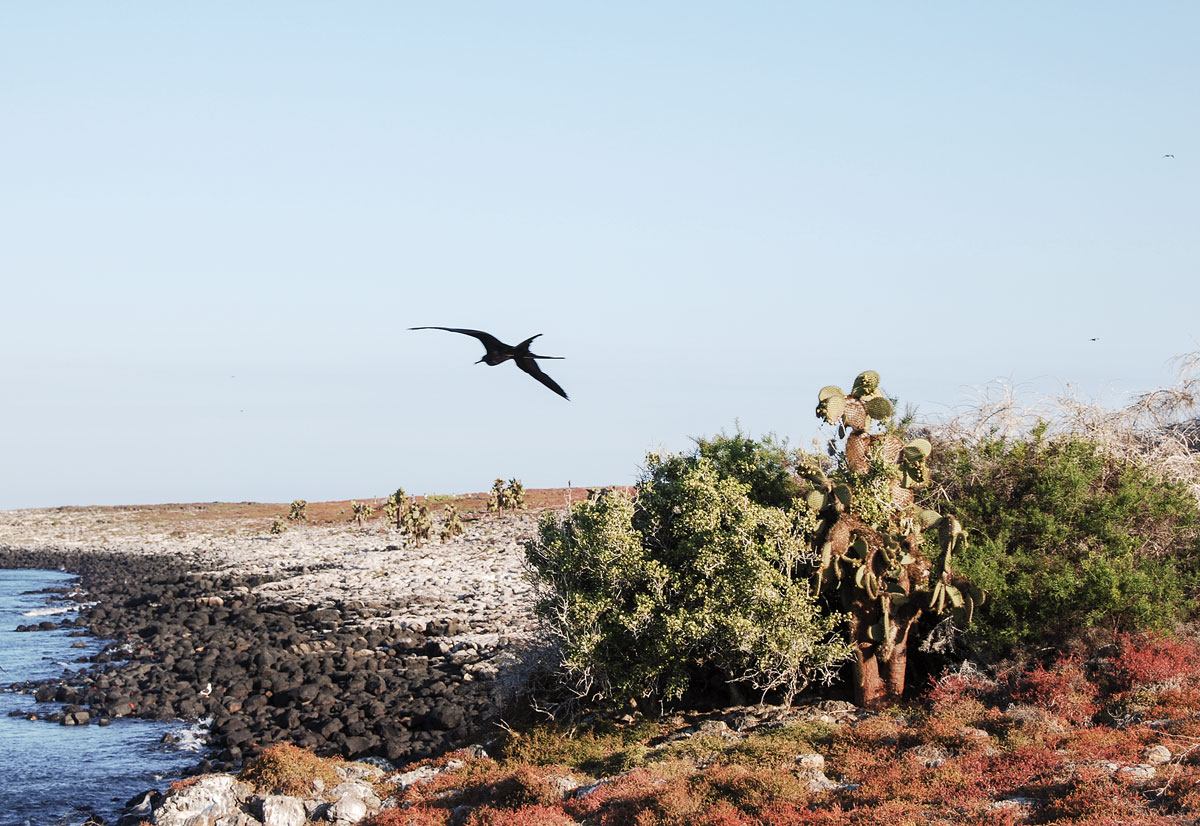
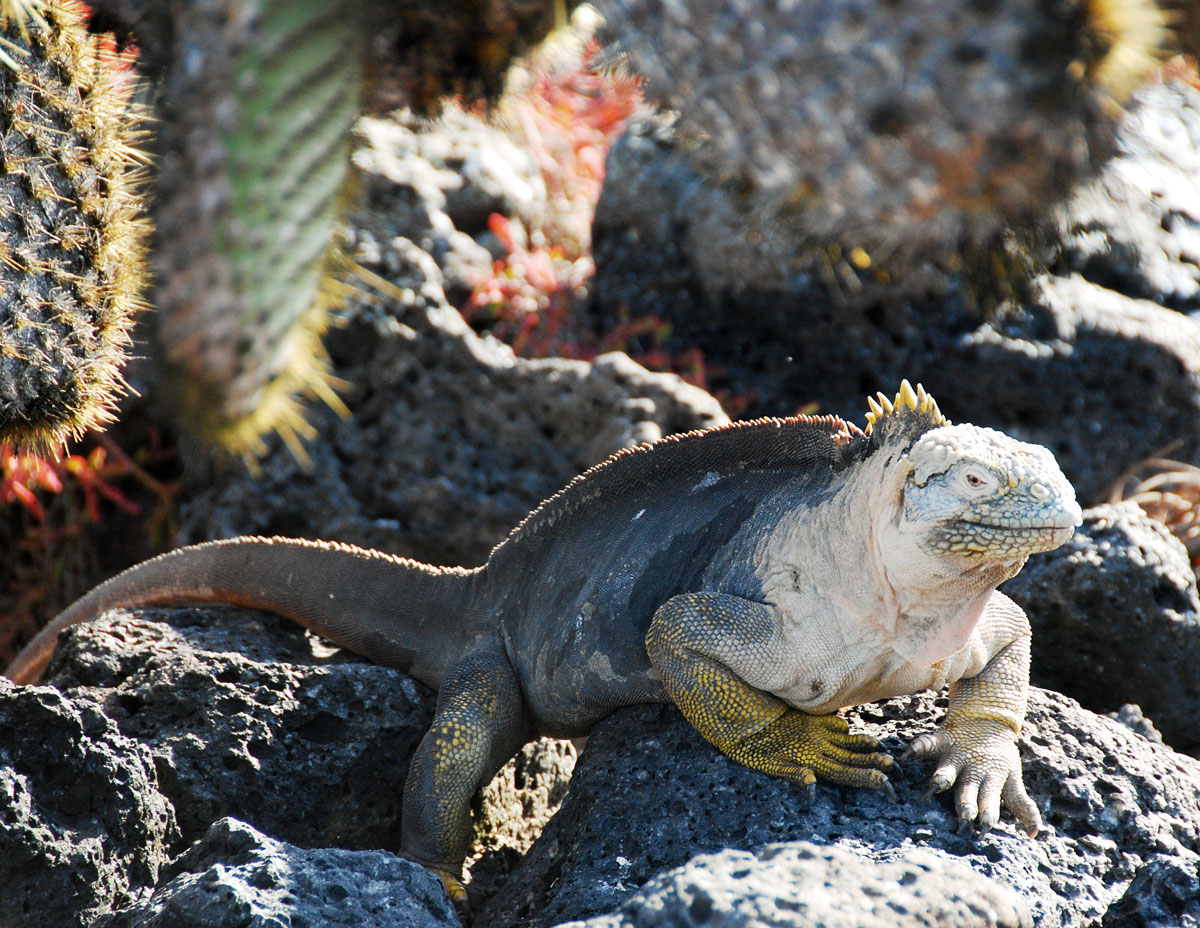
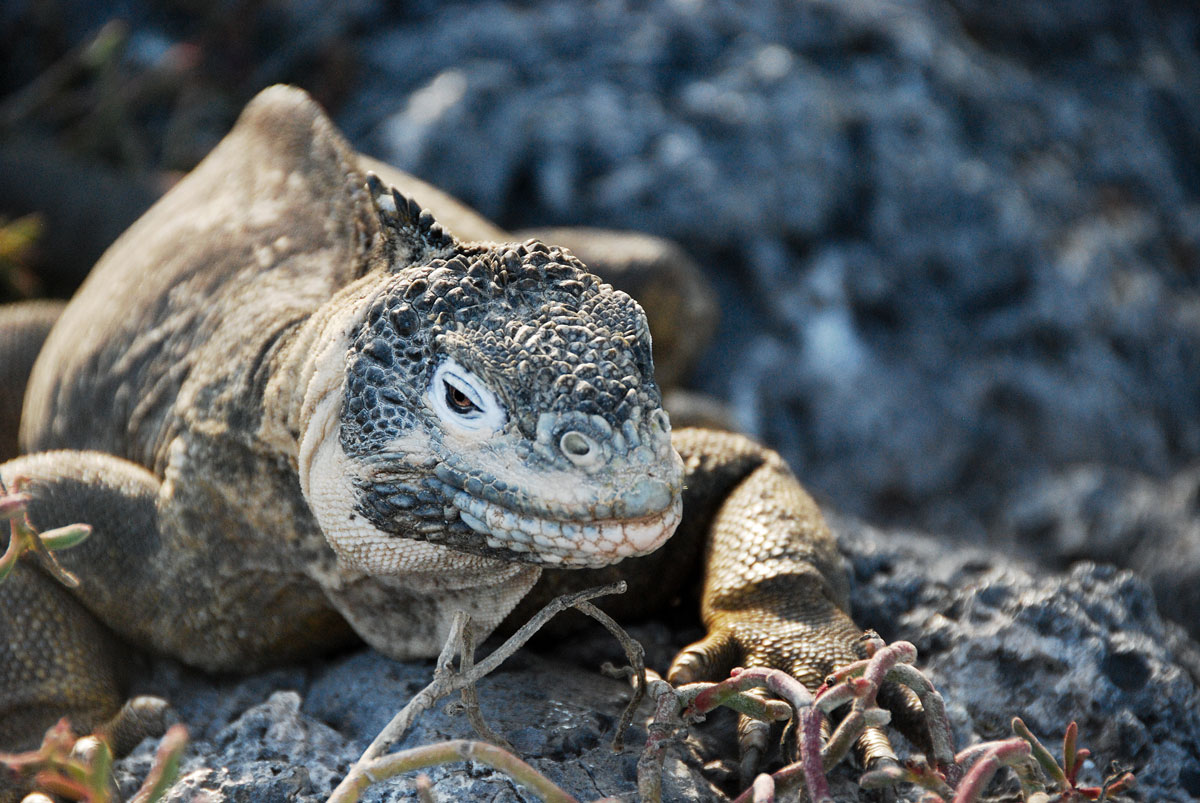
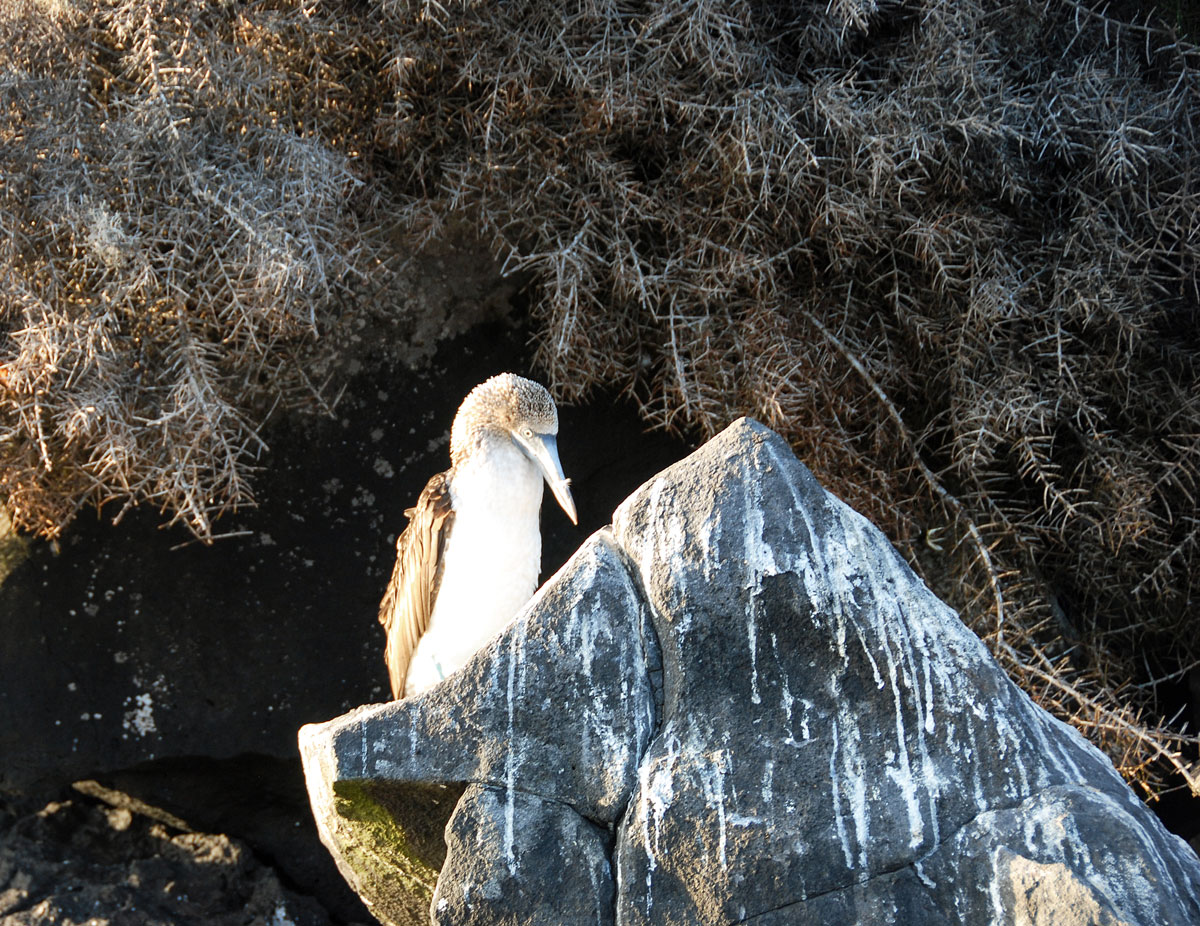

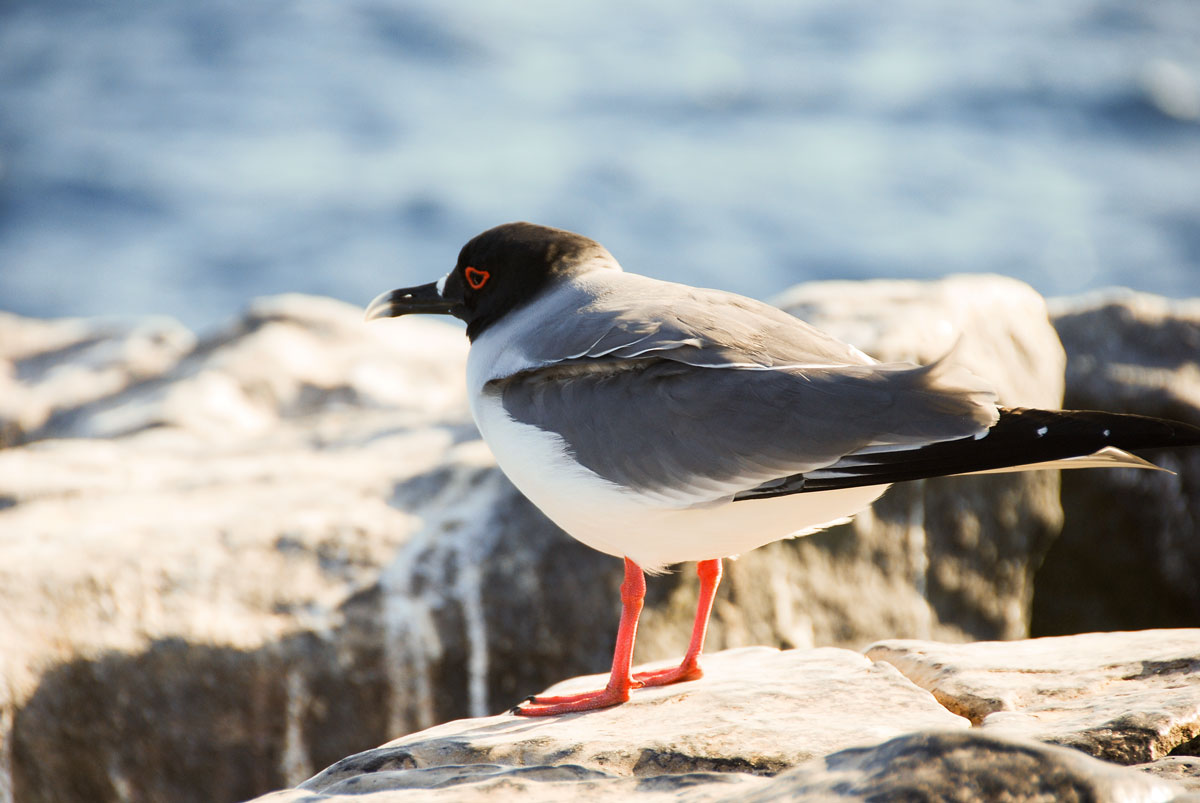
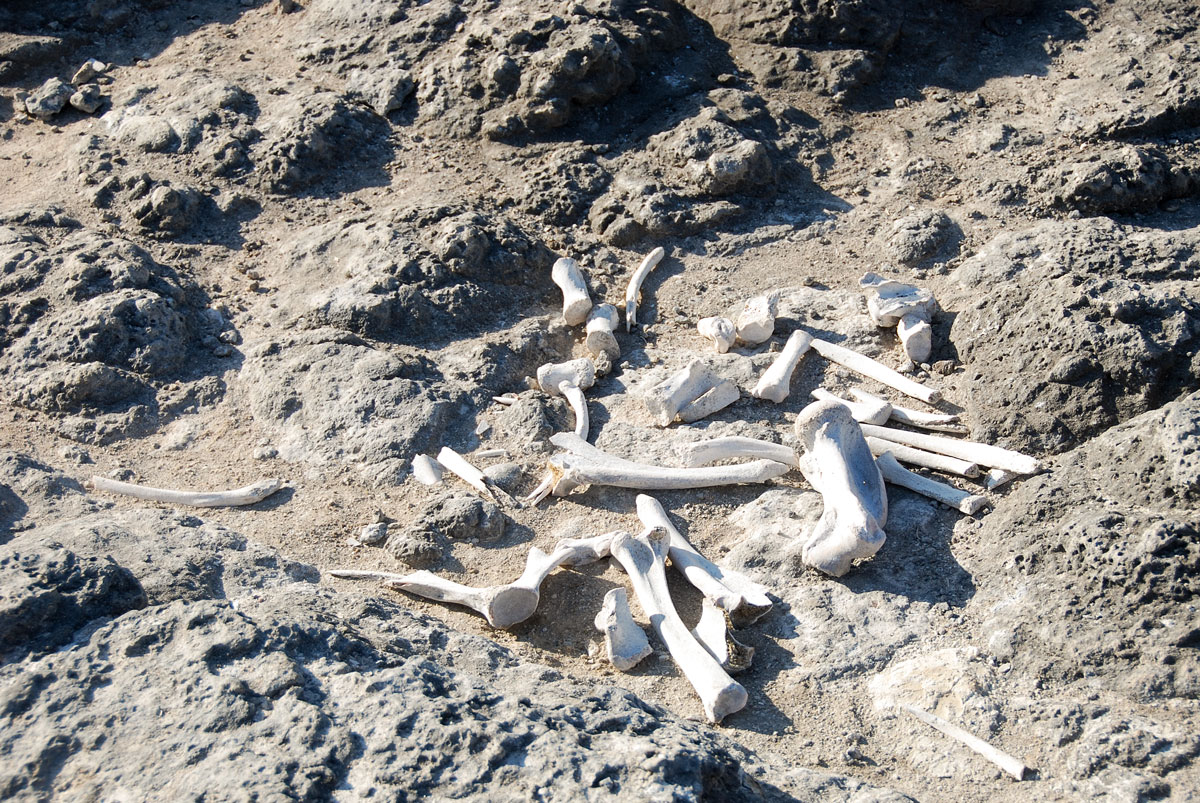
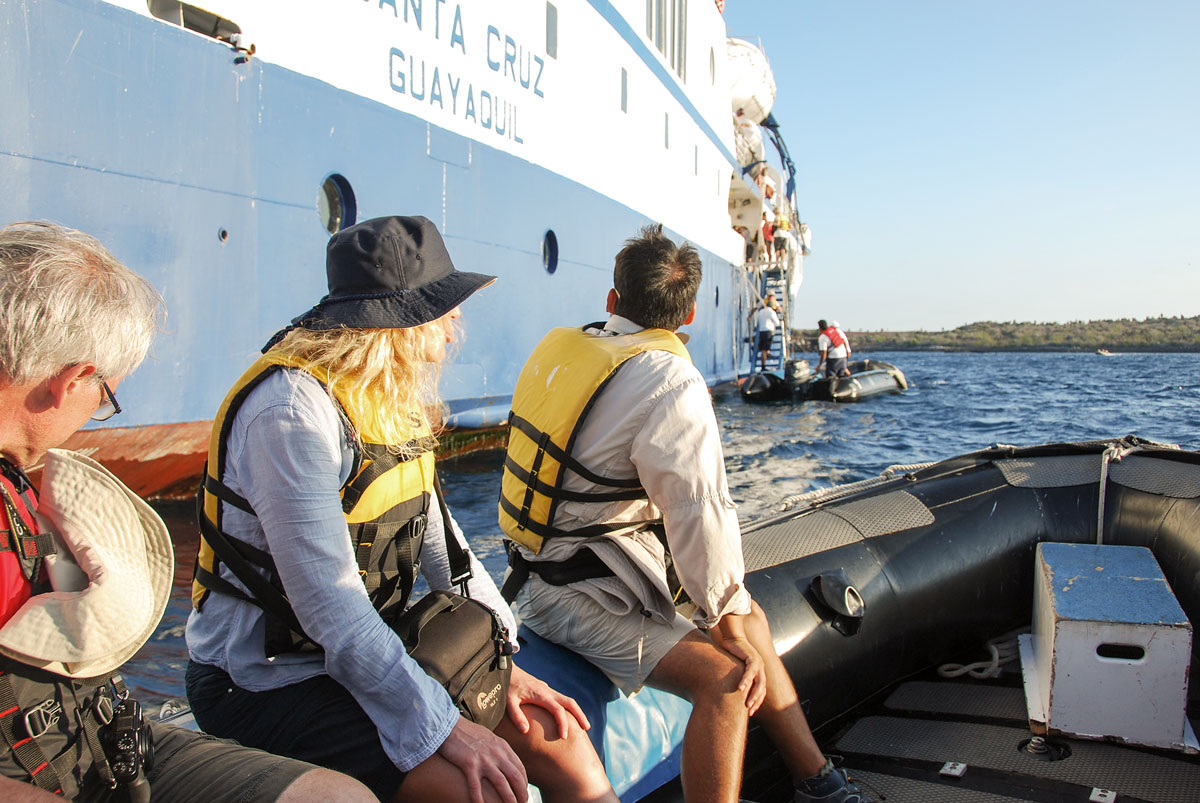
Isla Santa Cruz
Charles Darwin Research Station is a popular tourist destination where they, apart from conducting research, even raise tortoises. This was also the home place of the legendary giant tortoise Lonesome George, aka the rarest creature in the world. When Lonesome George died in 2012 over 100 years old, he was the last of the Pinta Island tortoise species.

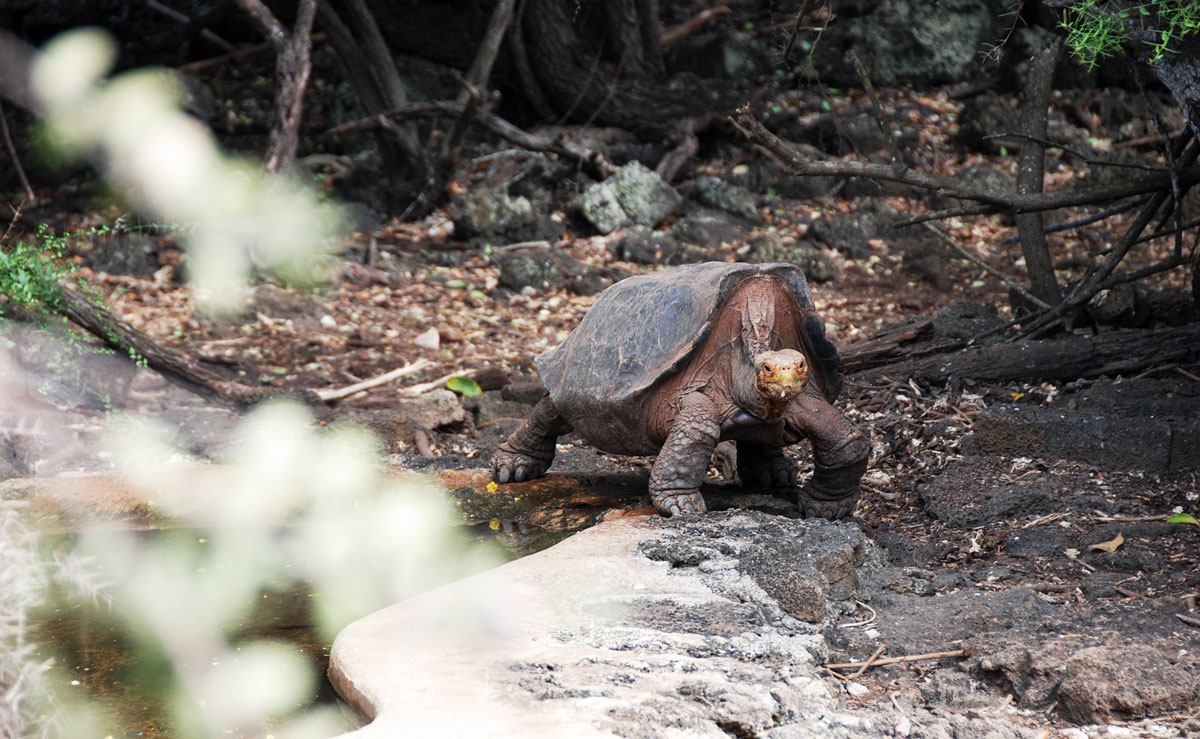
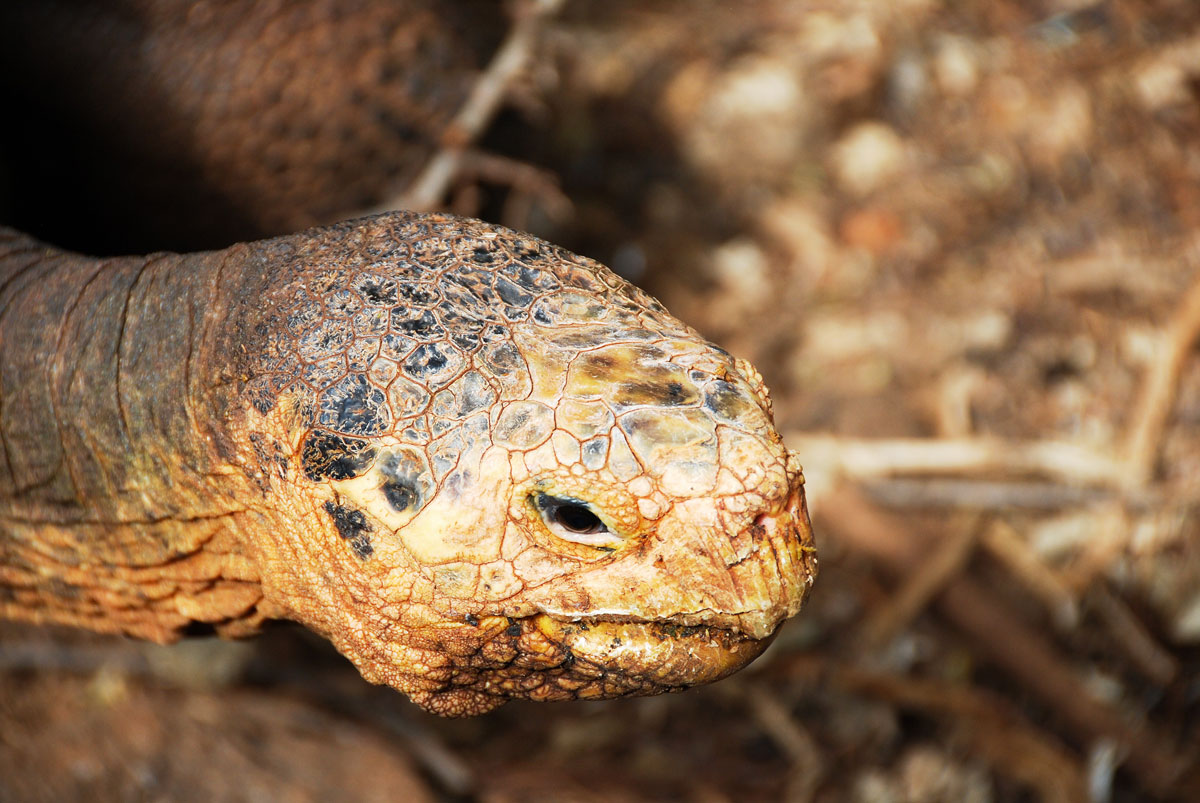
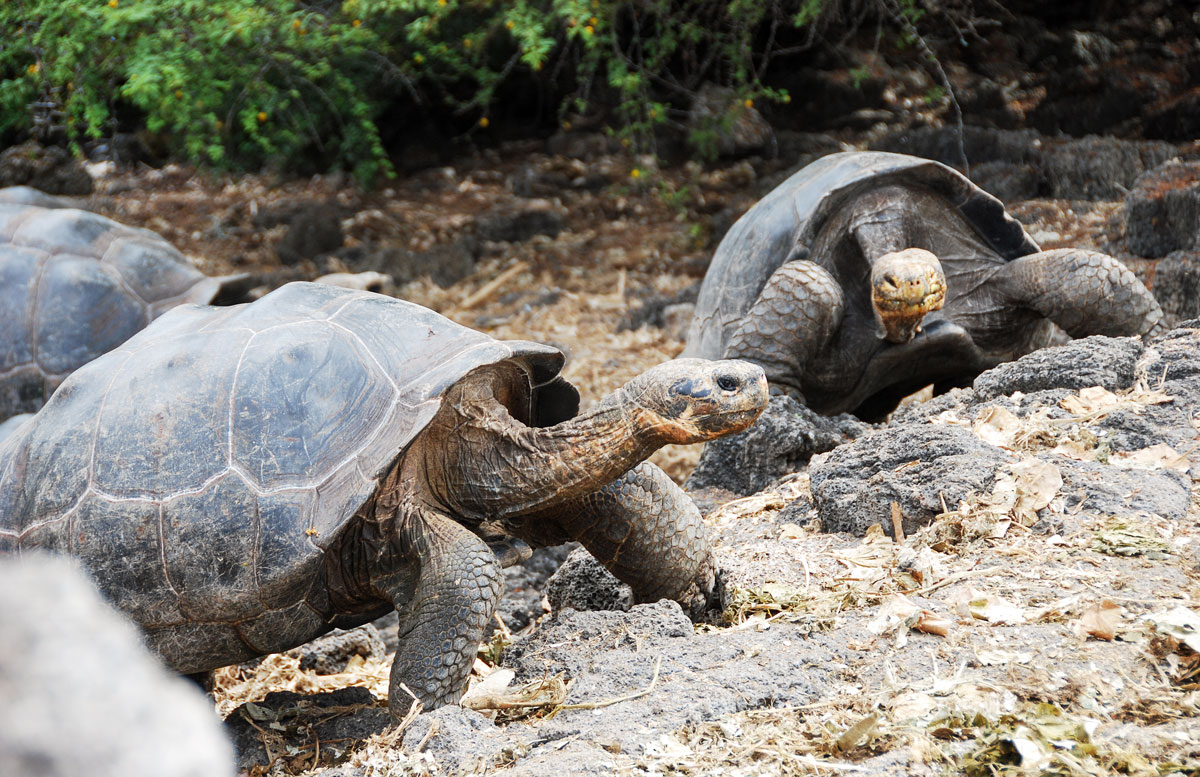

The Highland
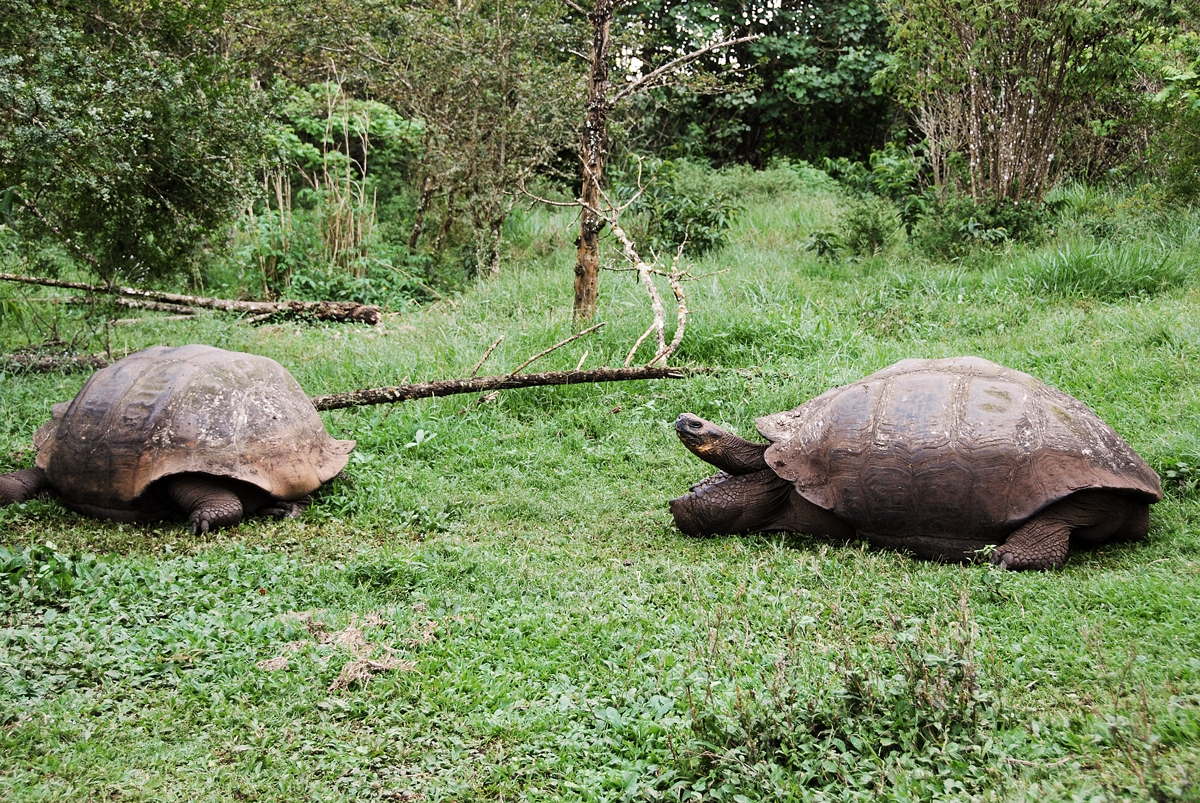
Galápagos giant tortoises in the wild in the El Chato Tortoise Reserve.

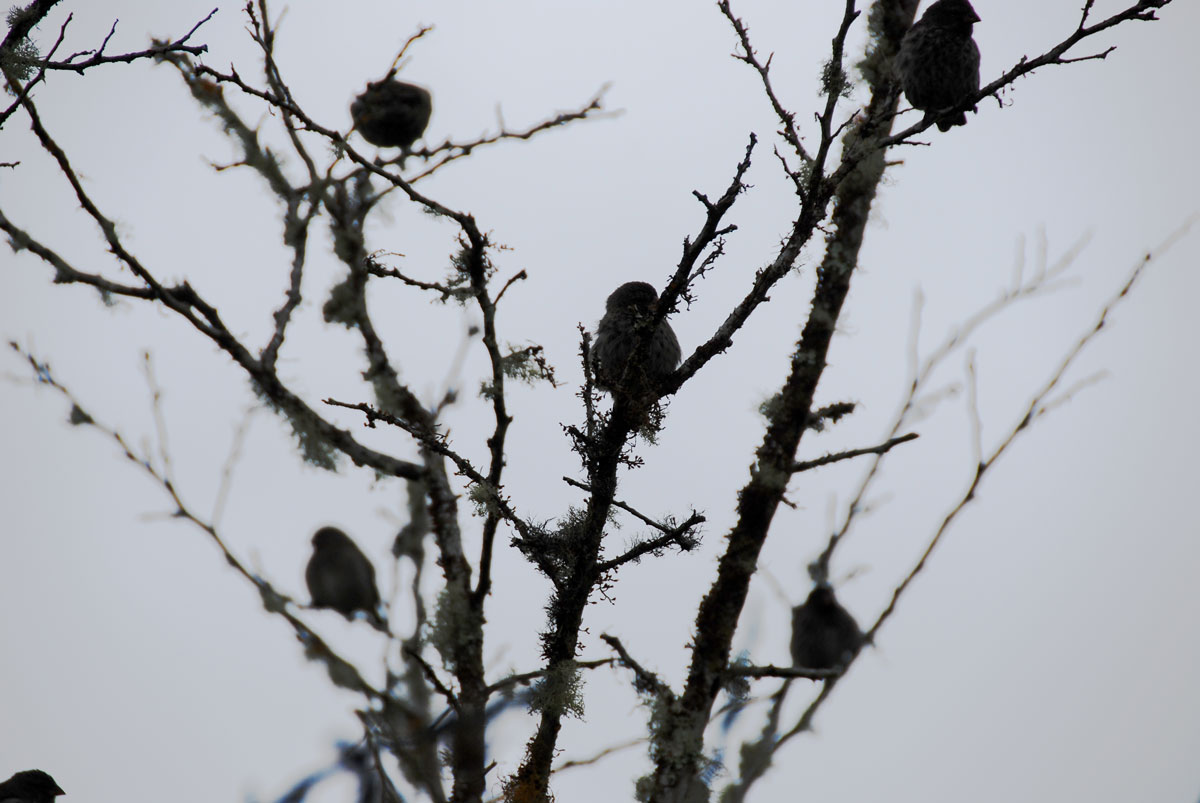
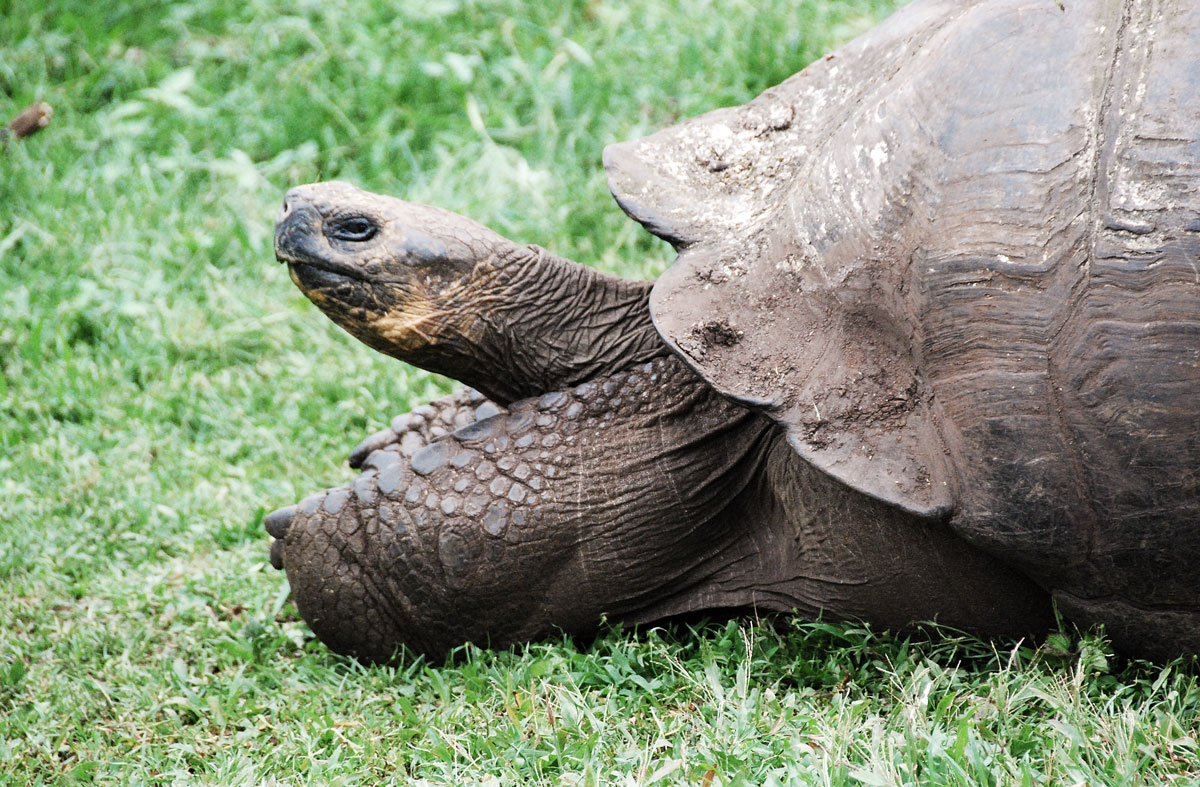
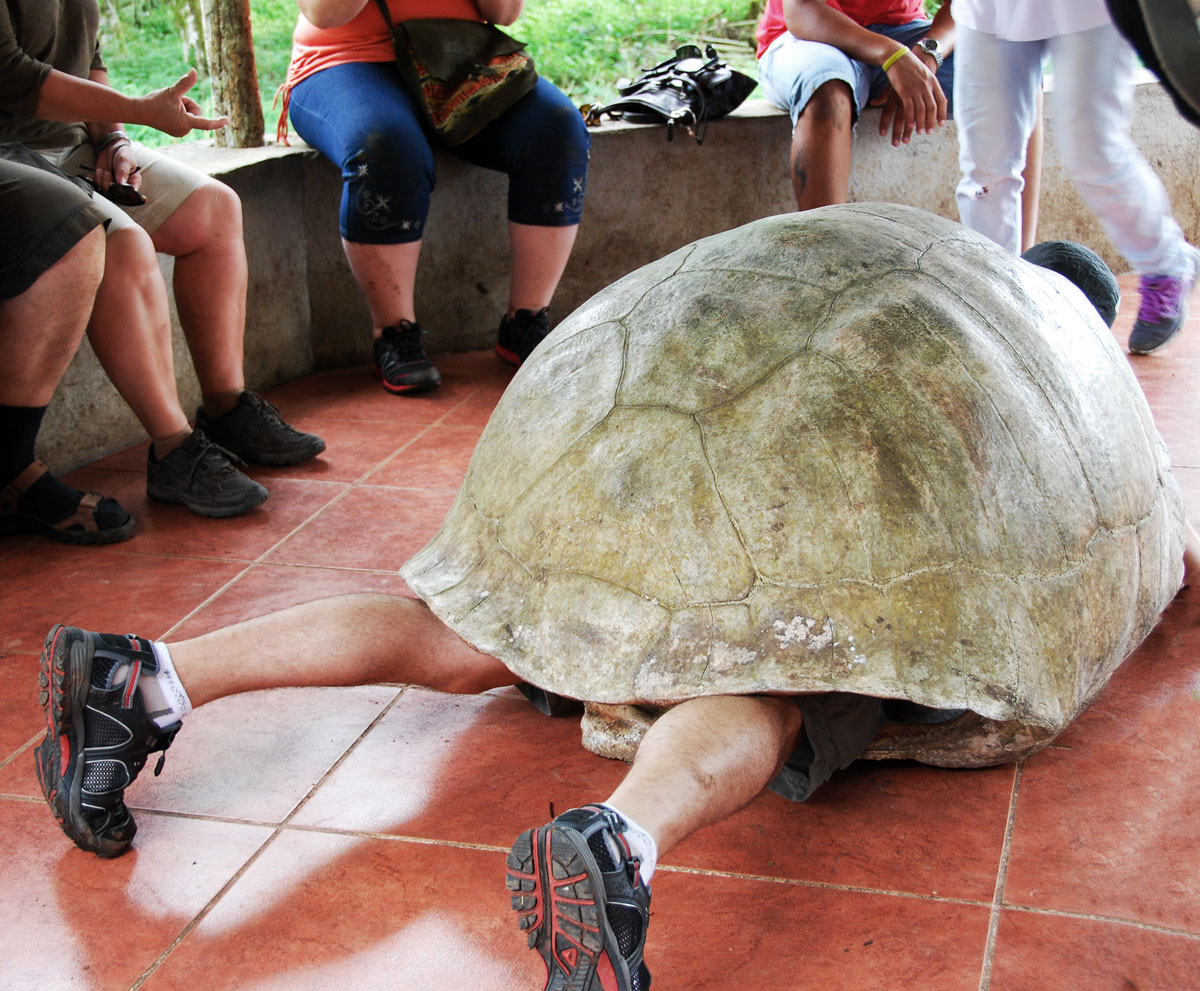
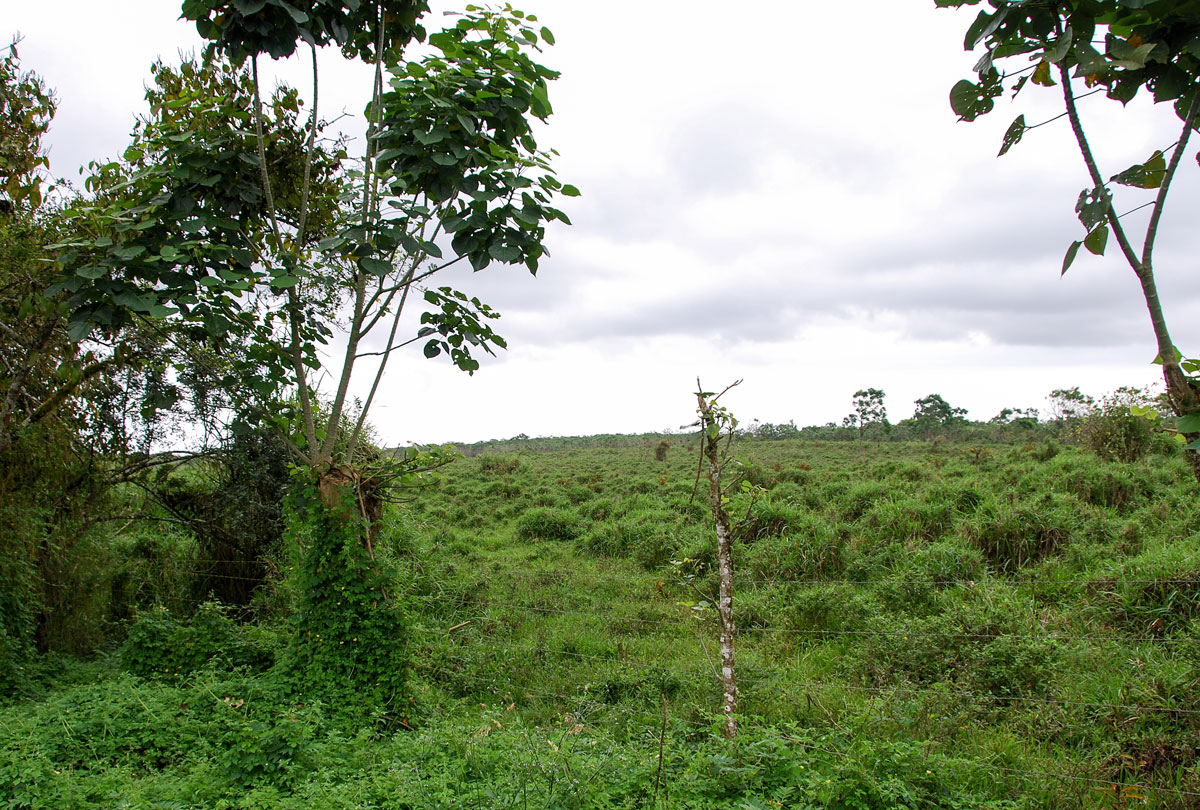
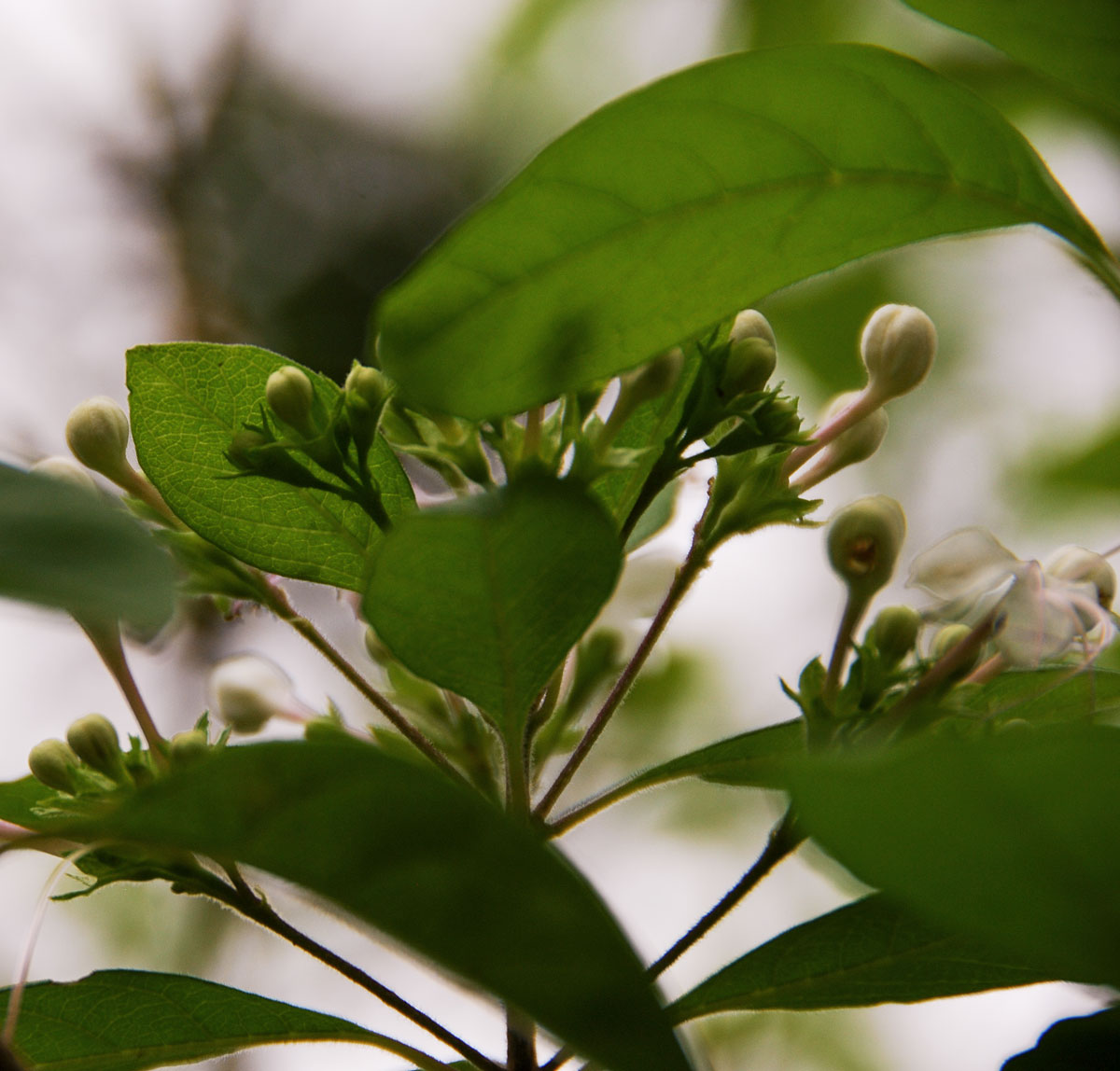
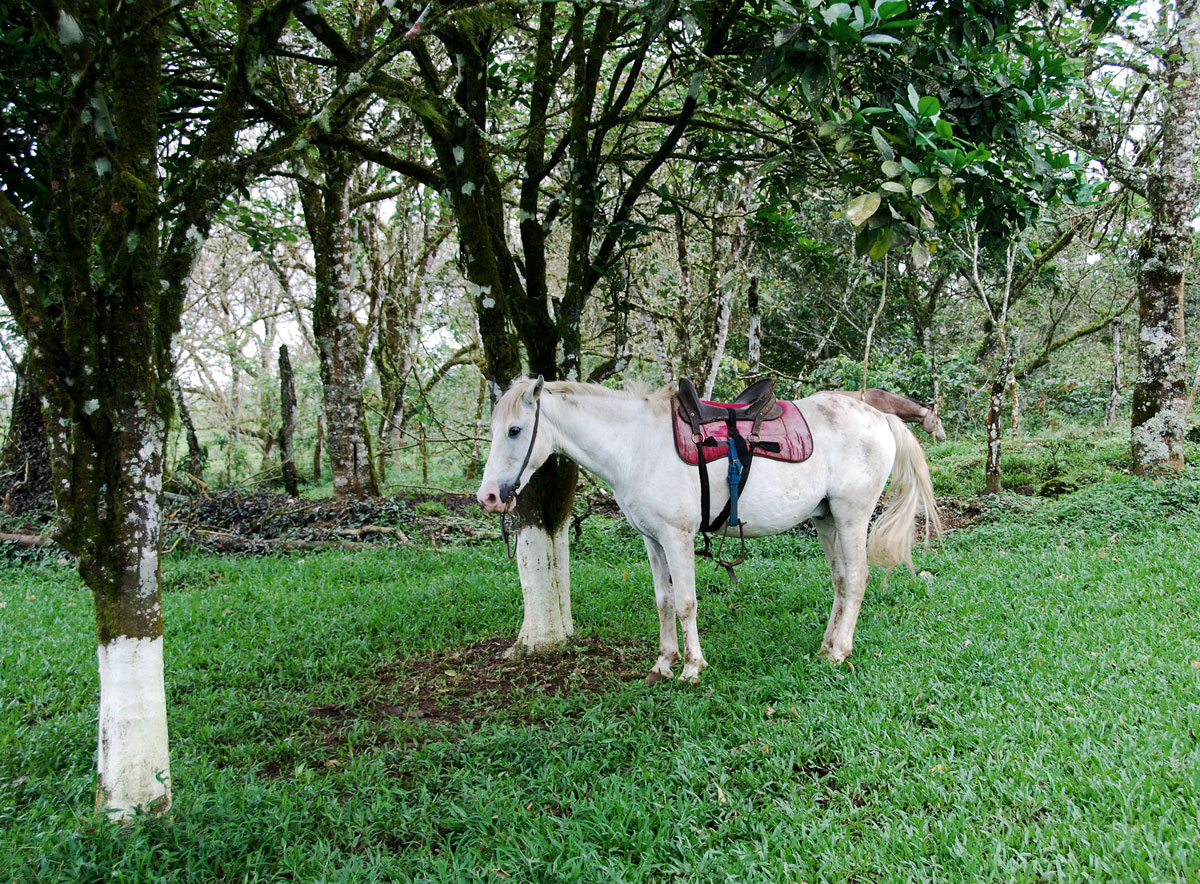
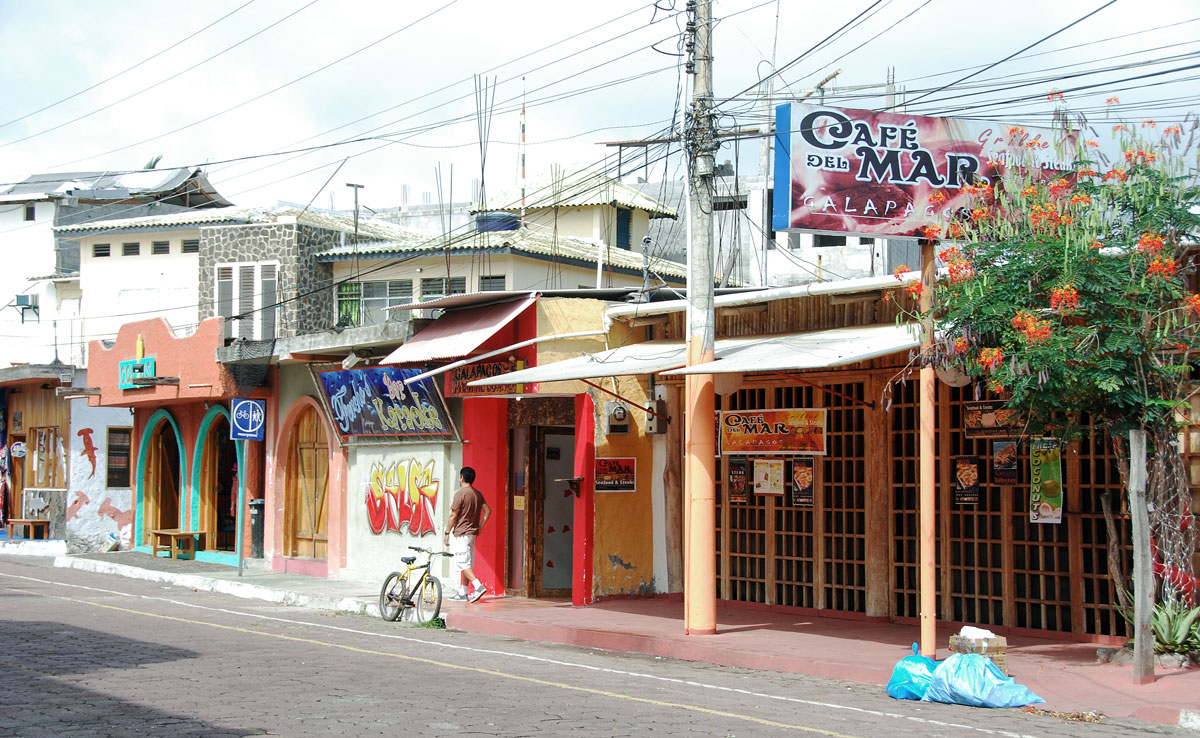
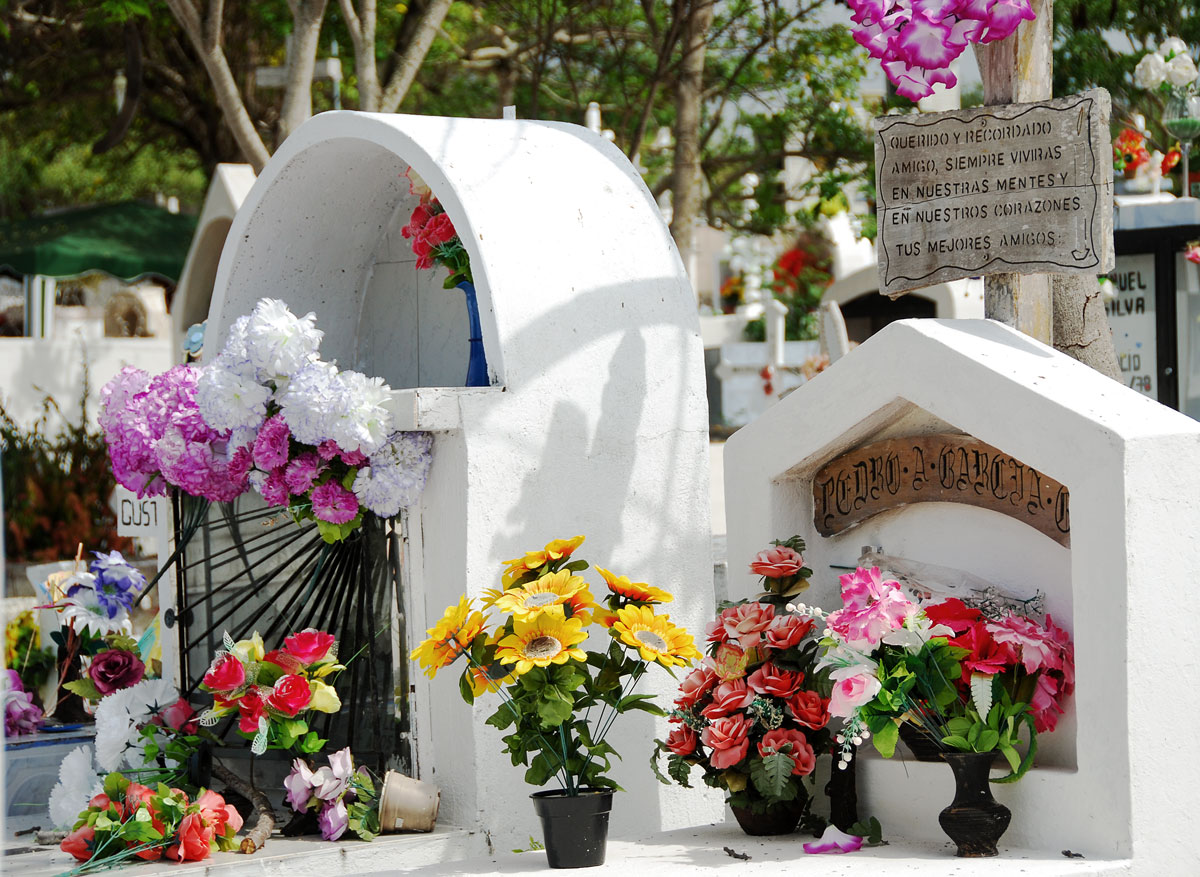
Puerto Ayura
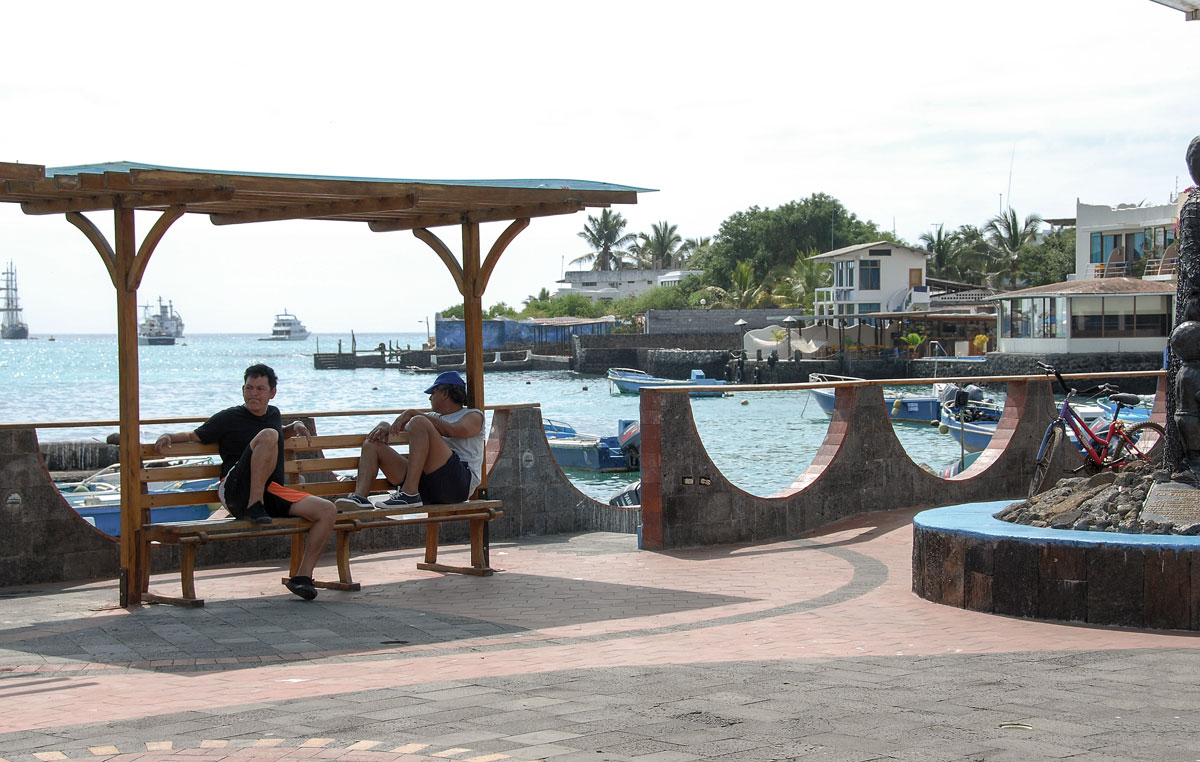

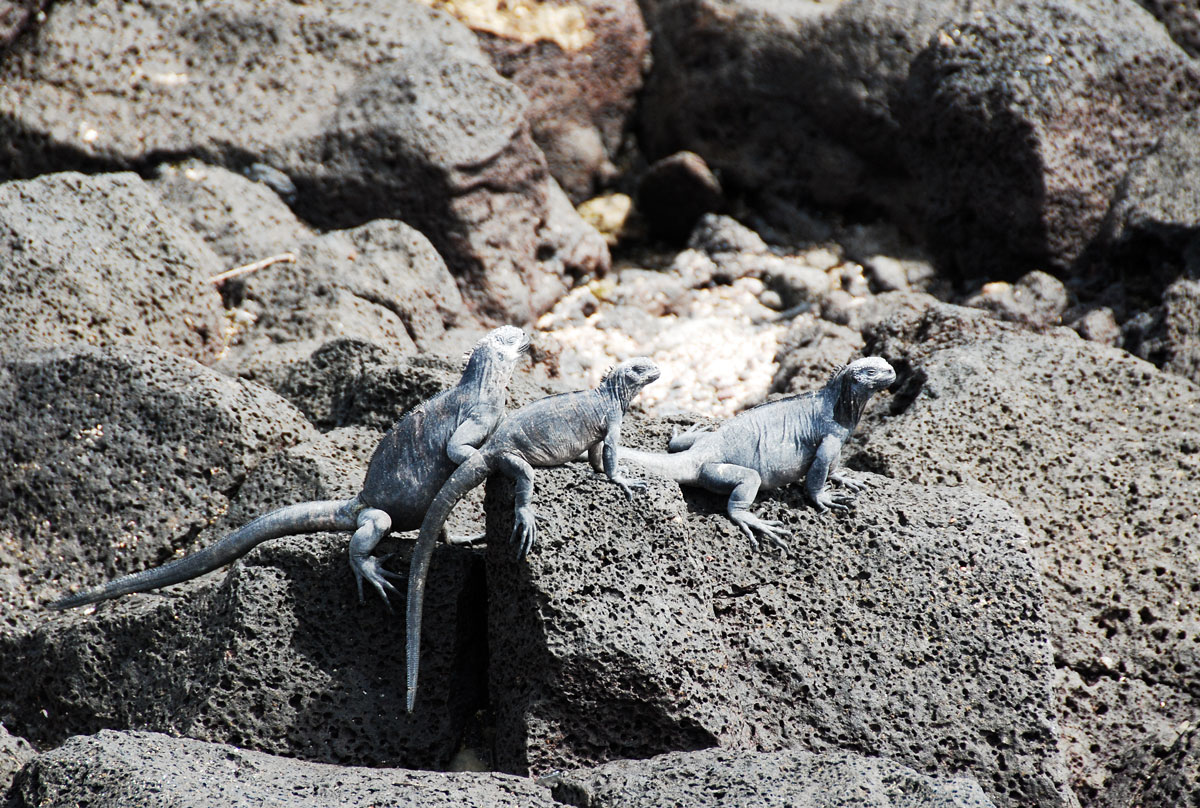
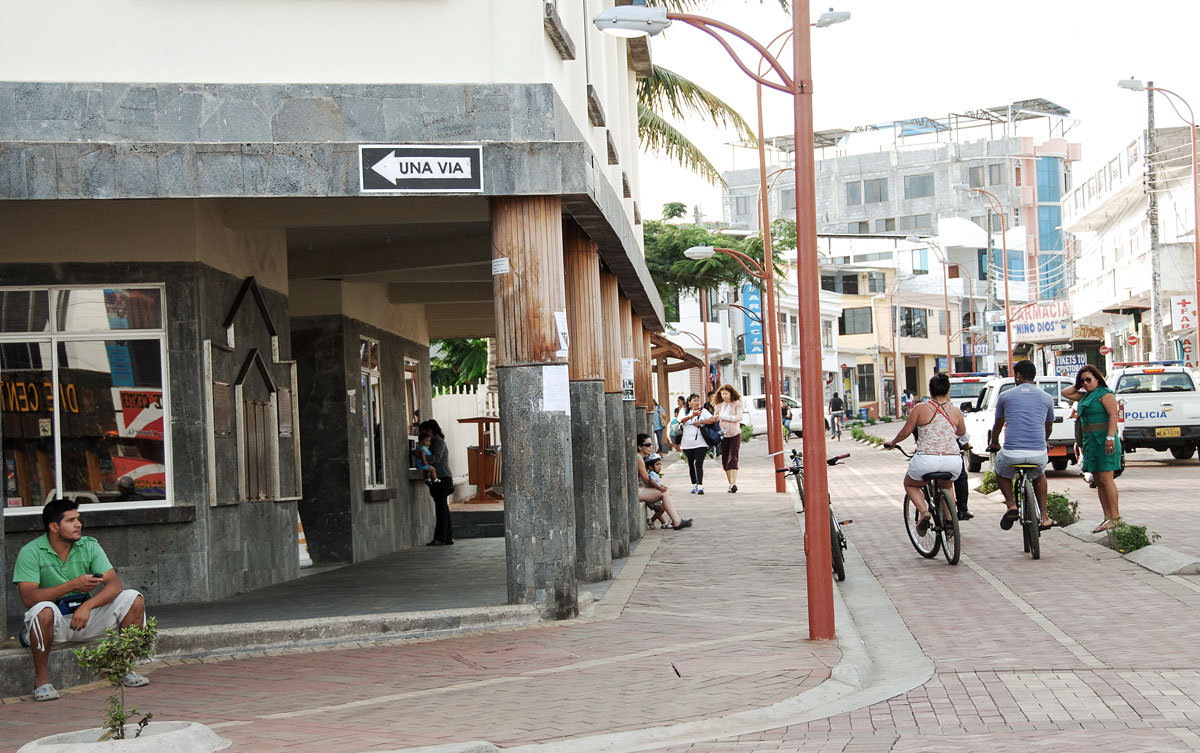
Espanola
Suarez Point and Gardner Bay.
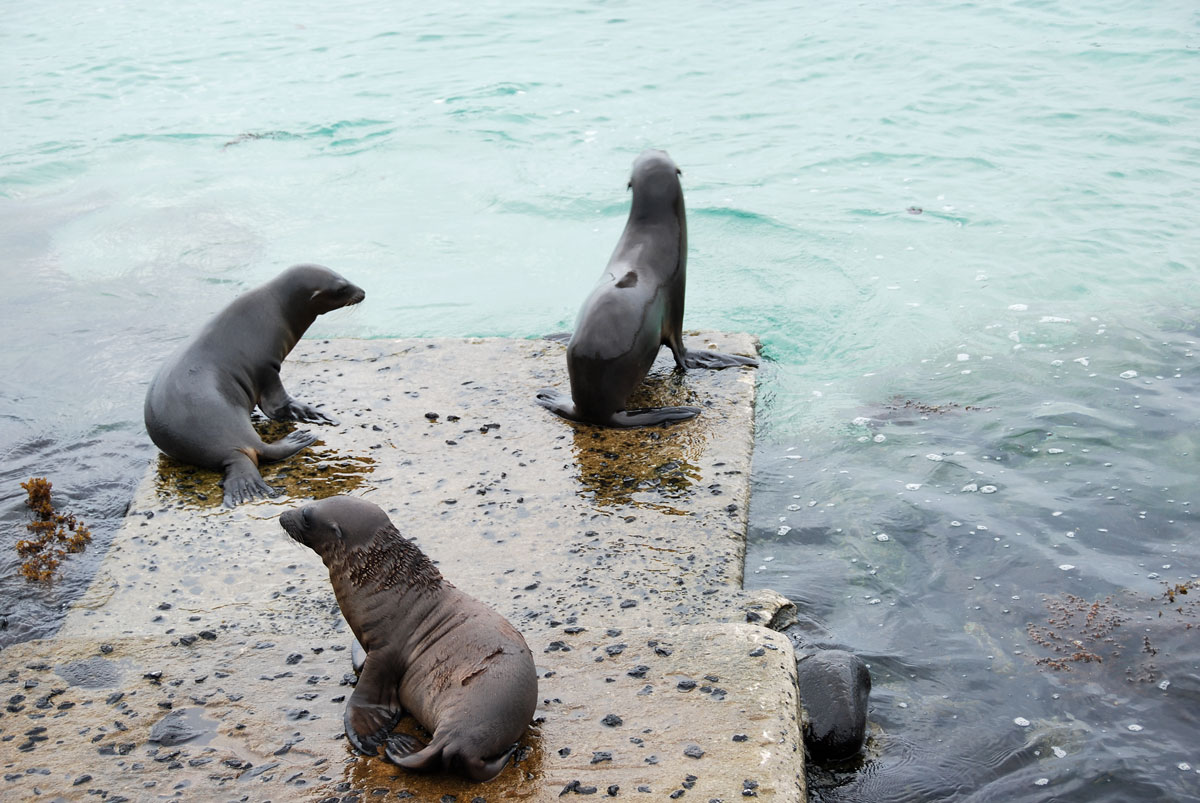
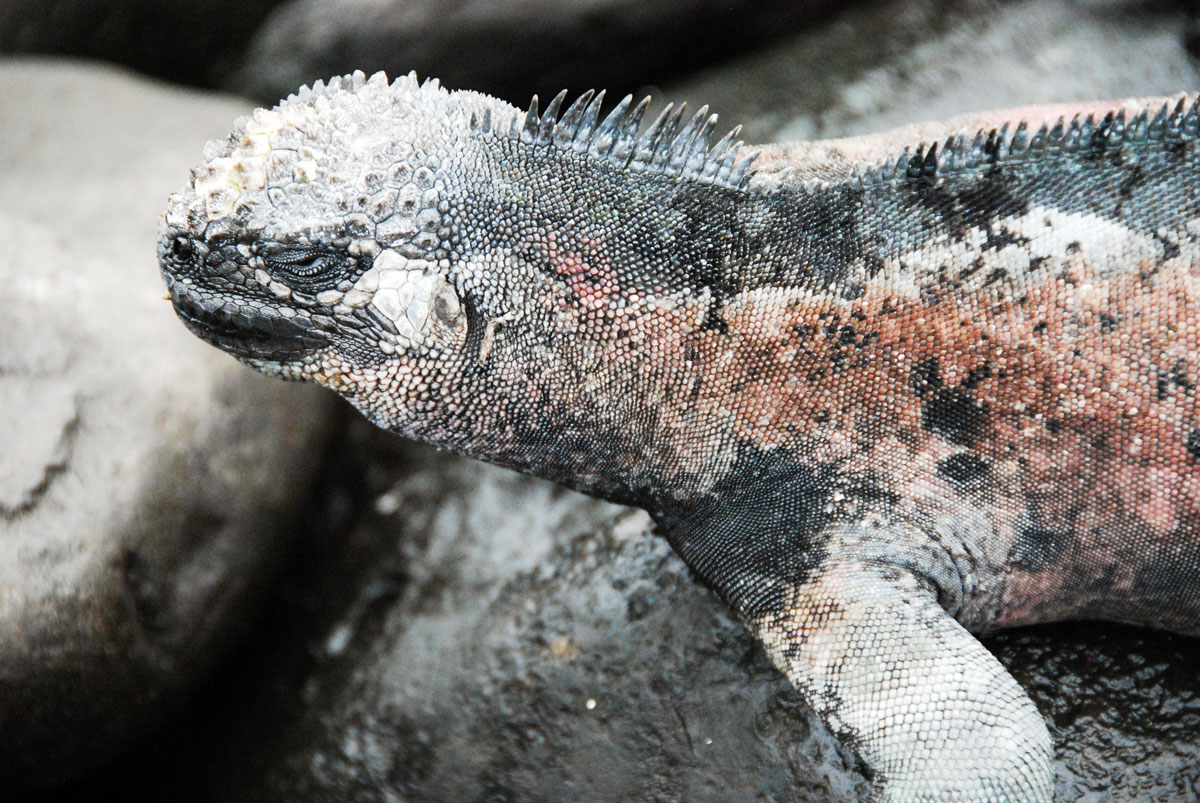
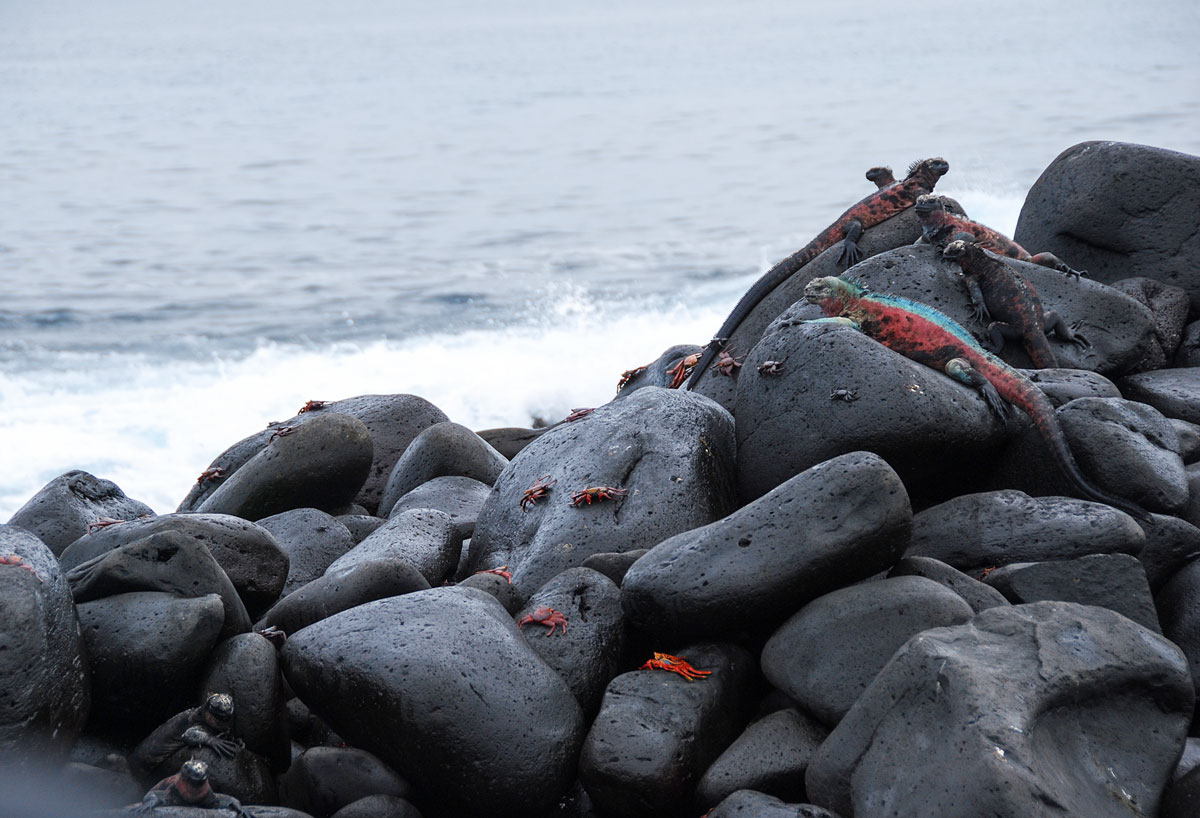
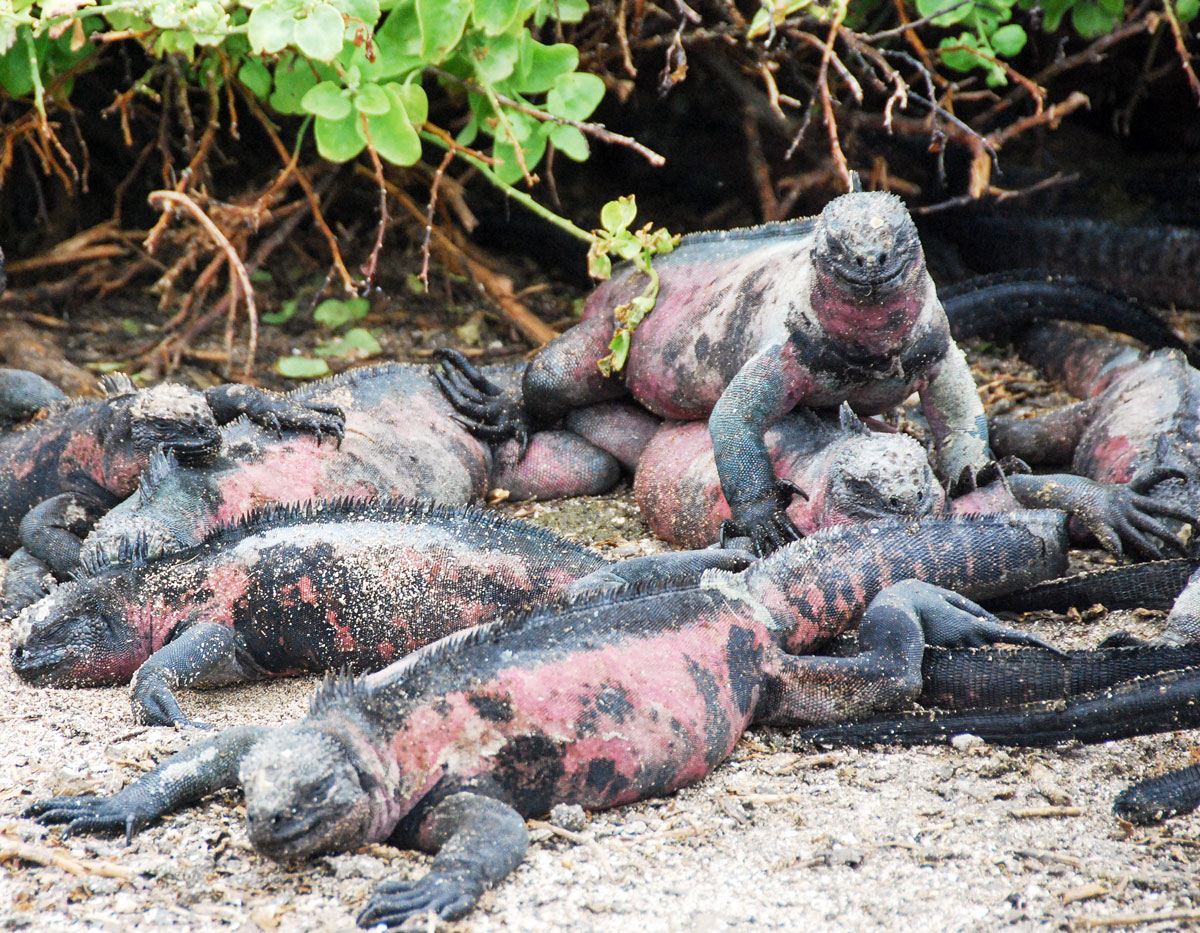
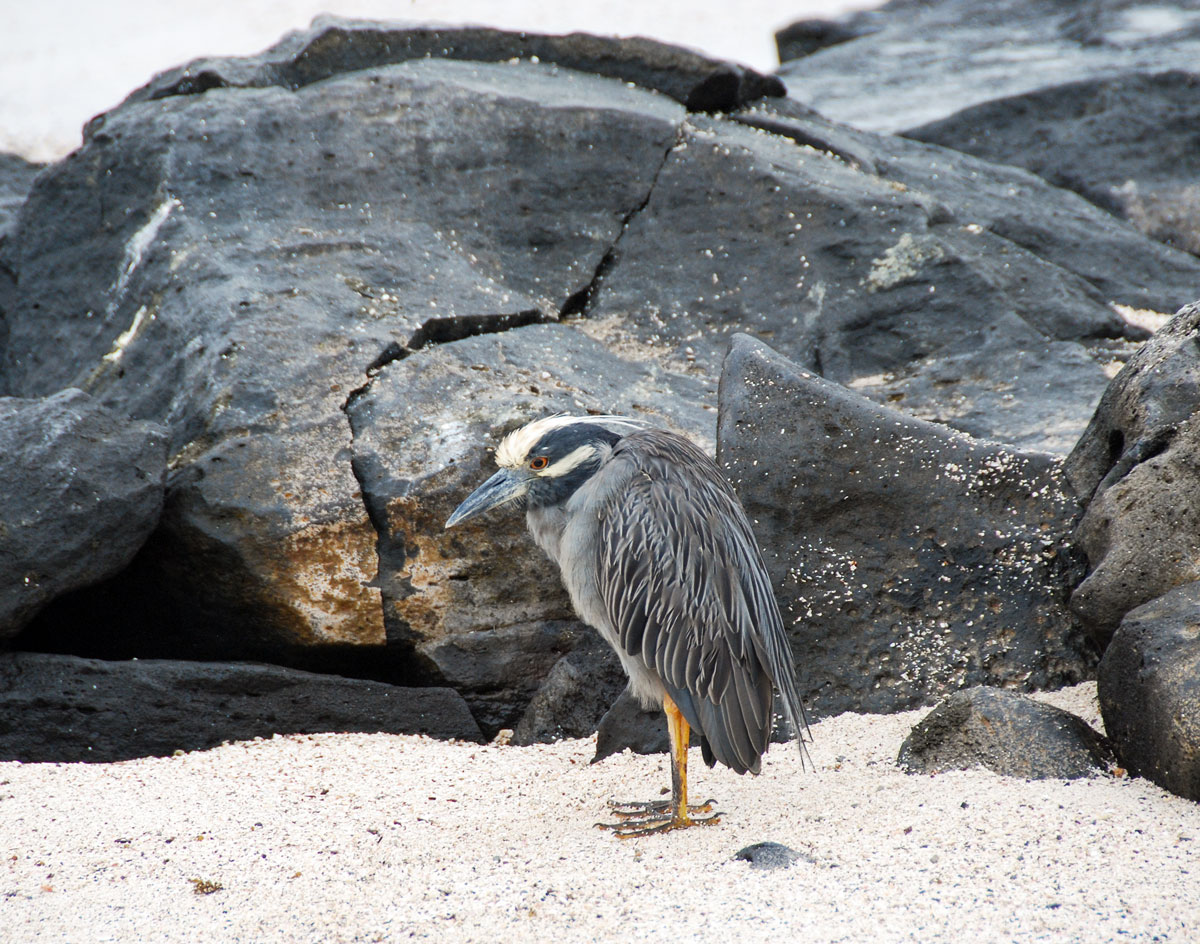
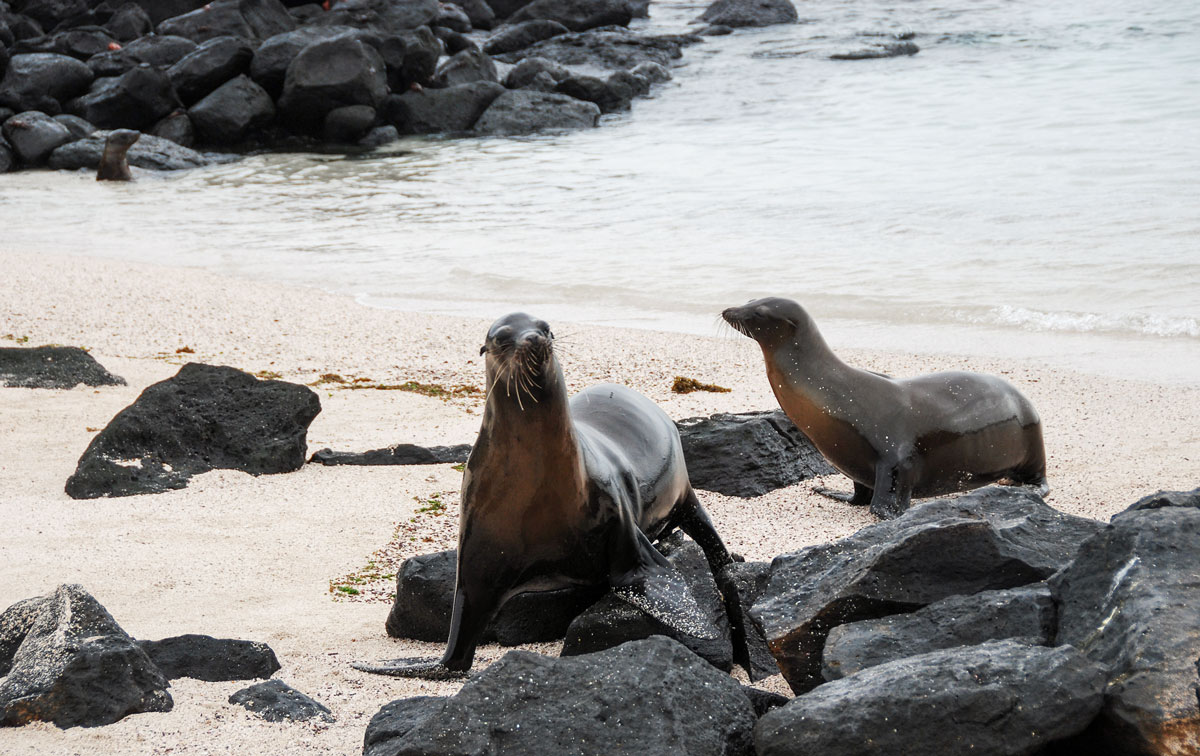

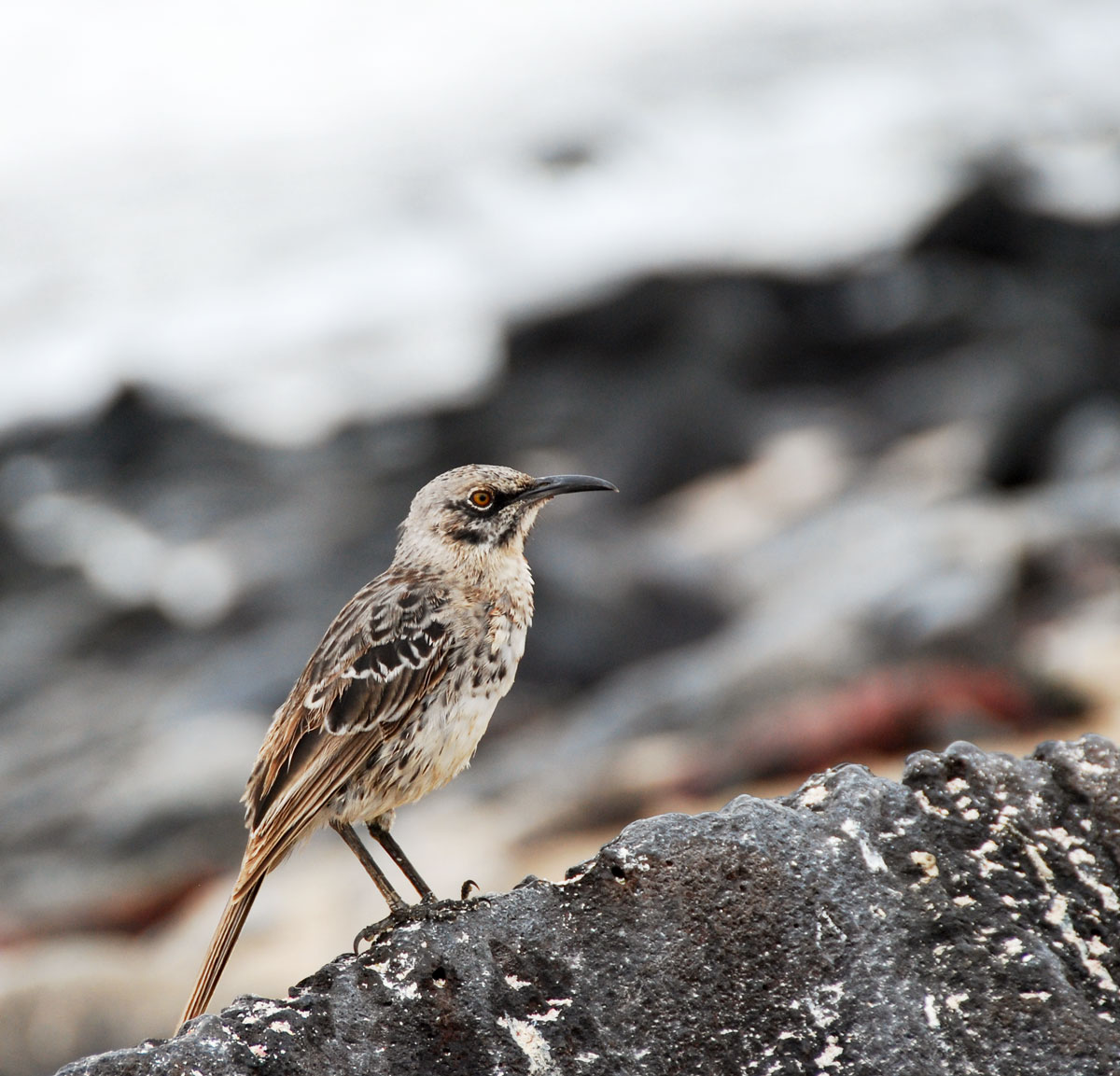
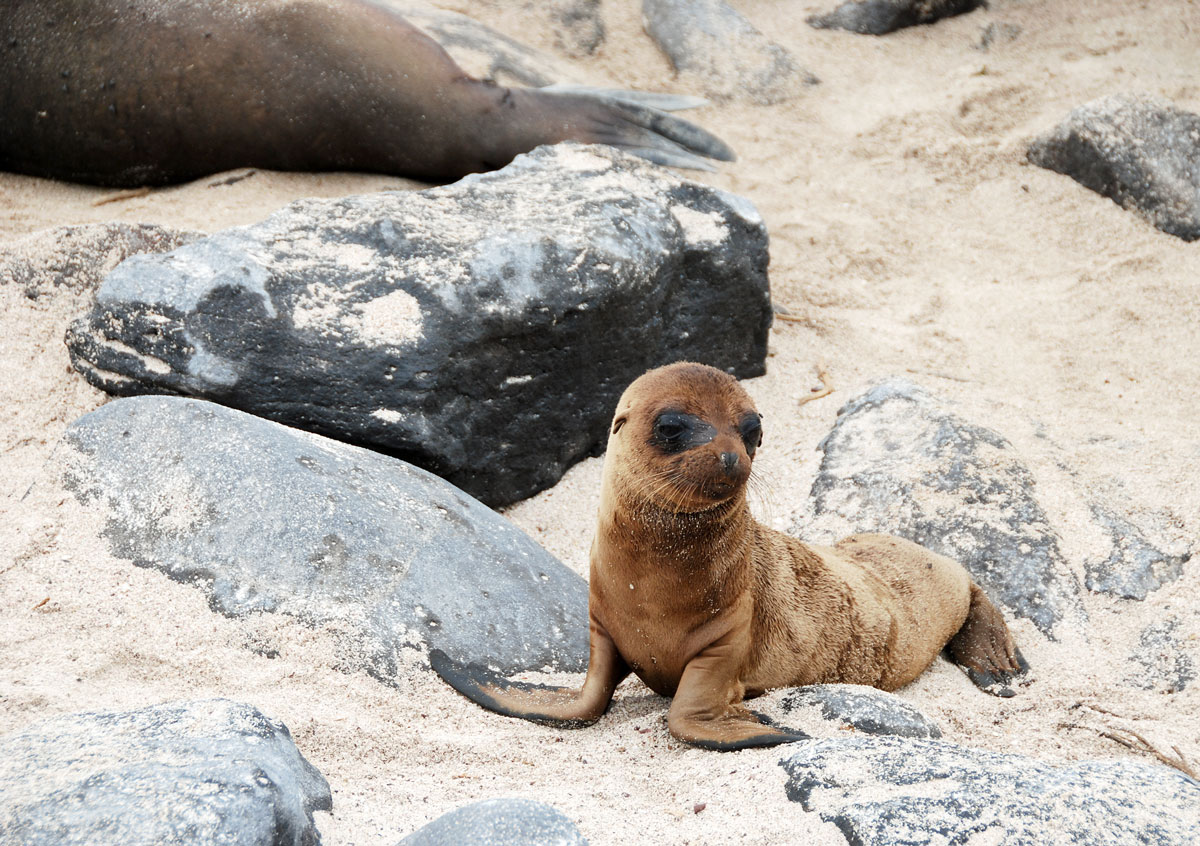
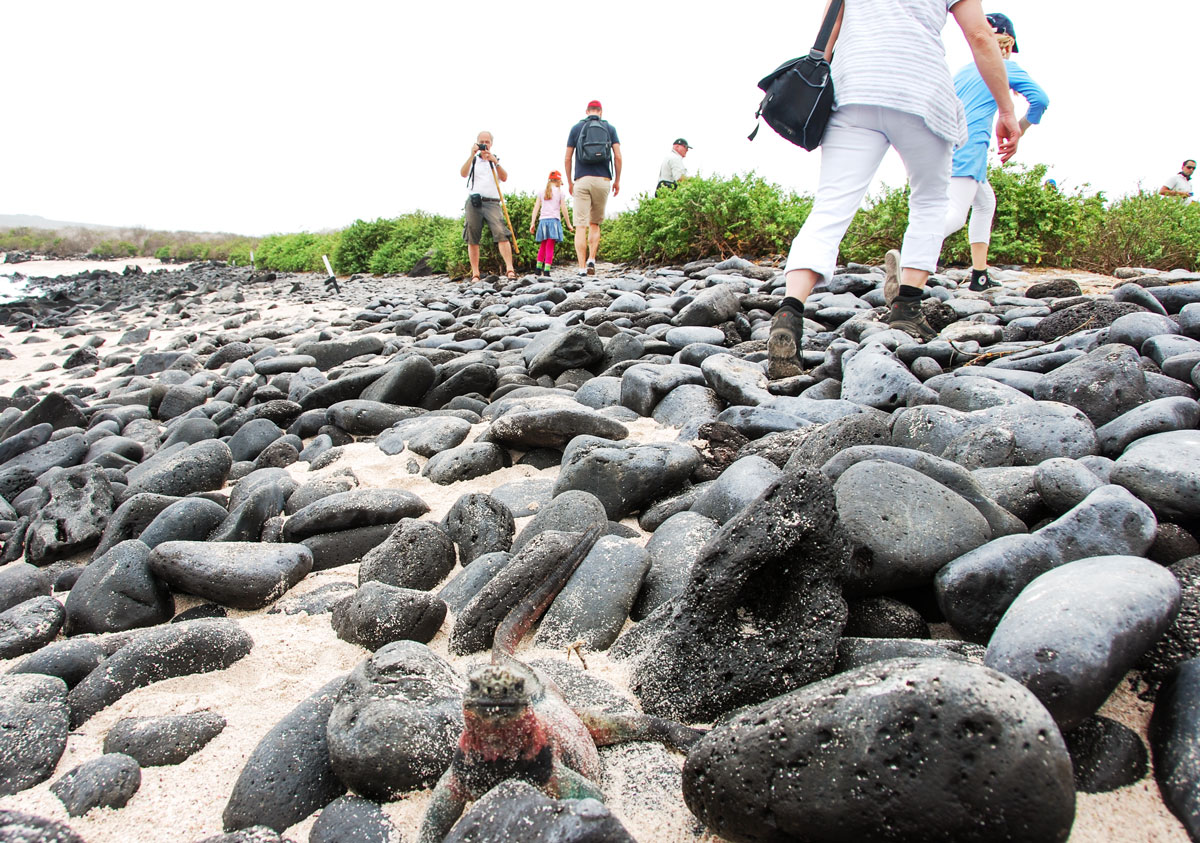
You need to be very careful where you place your foot so that you will not step on any iguanas or other animals. Since they are so unafraid of humans they will not move when they see you coming.
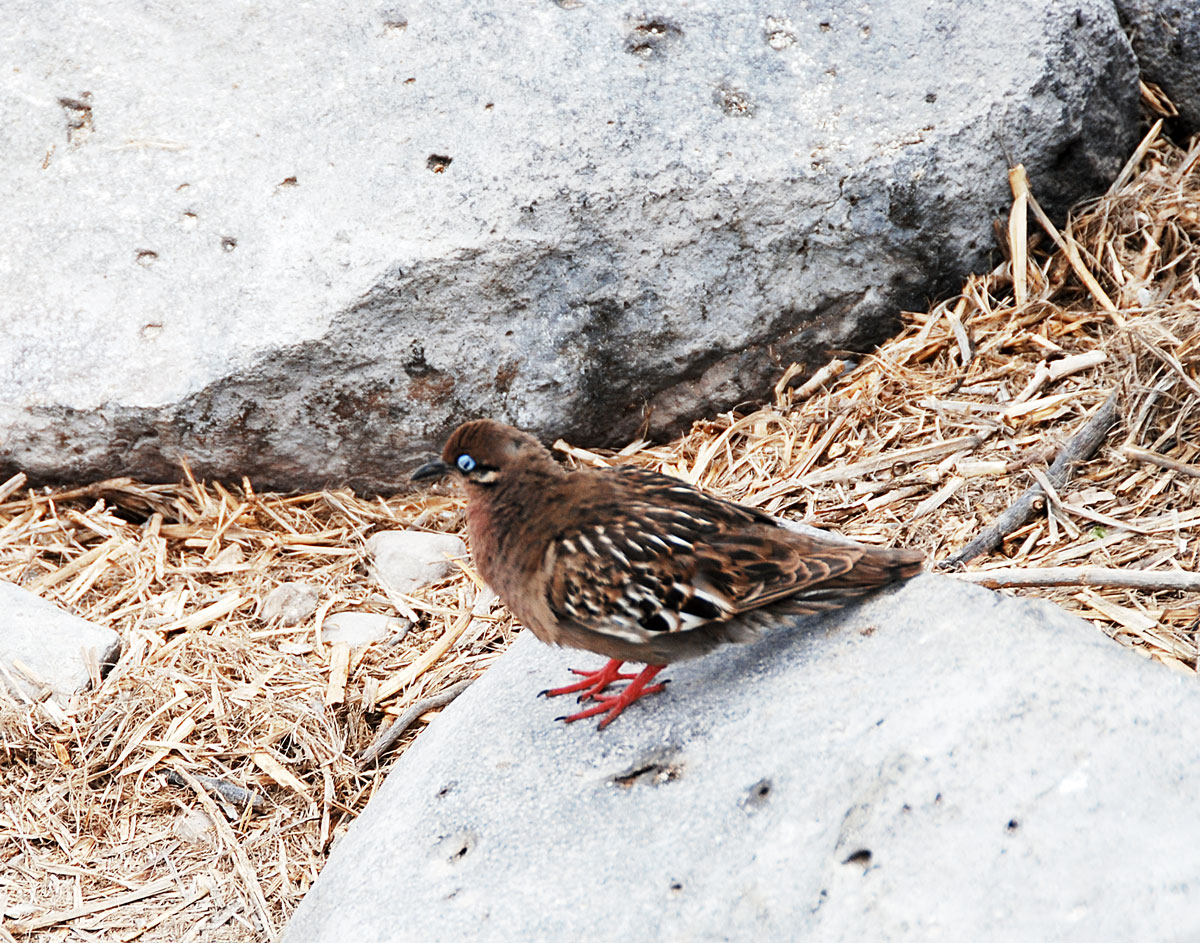
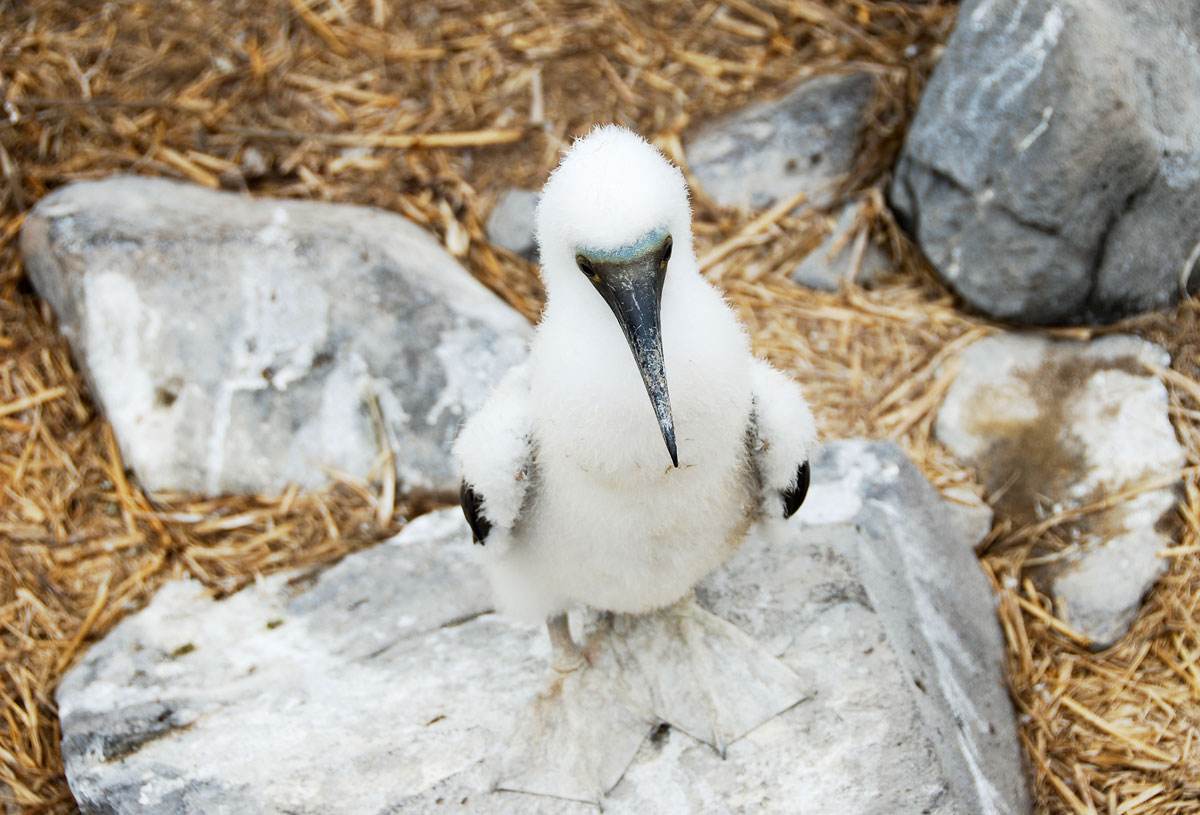
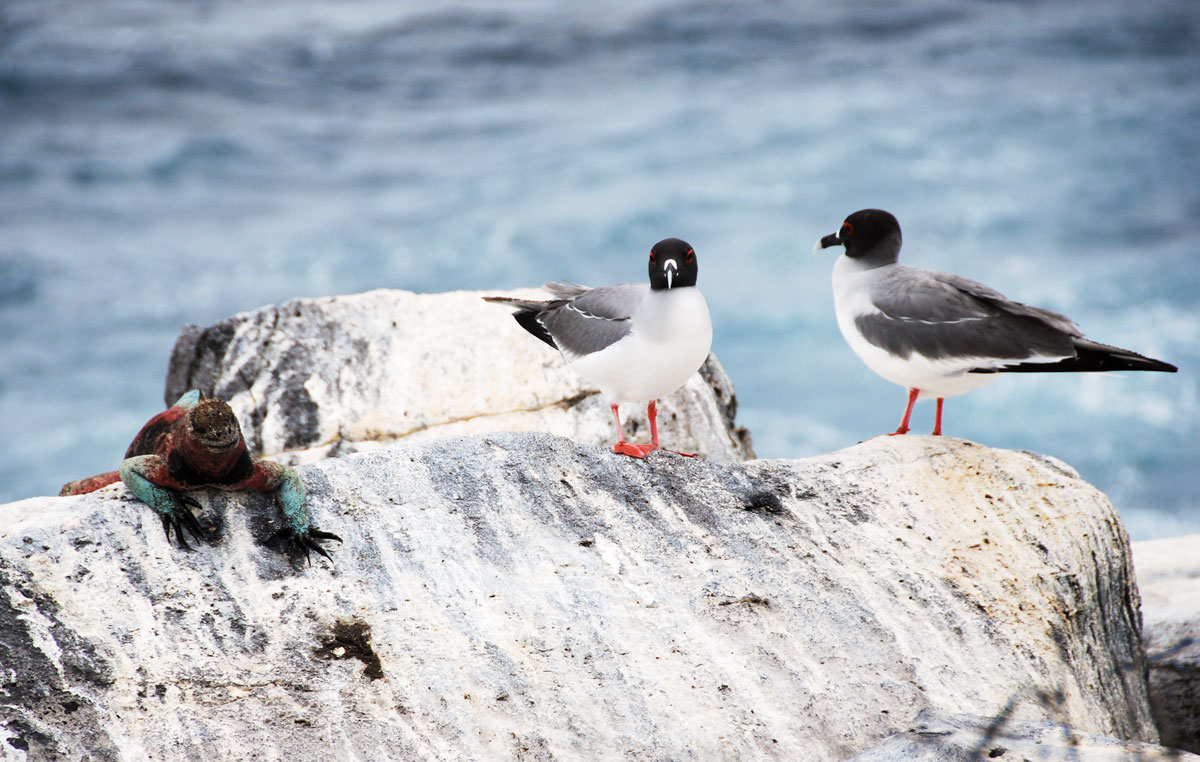
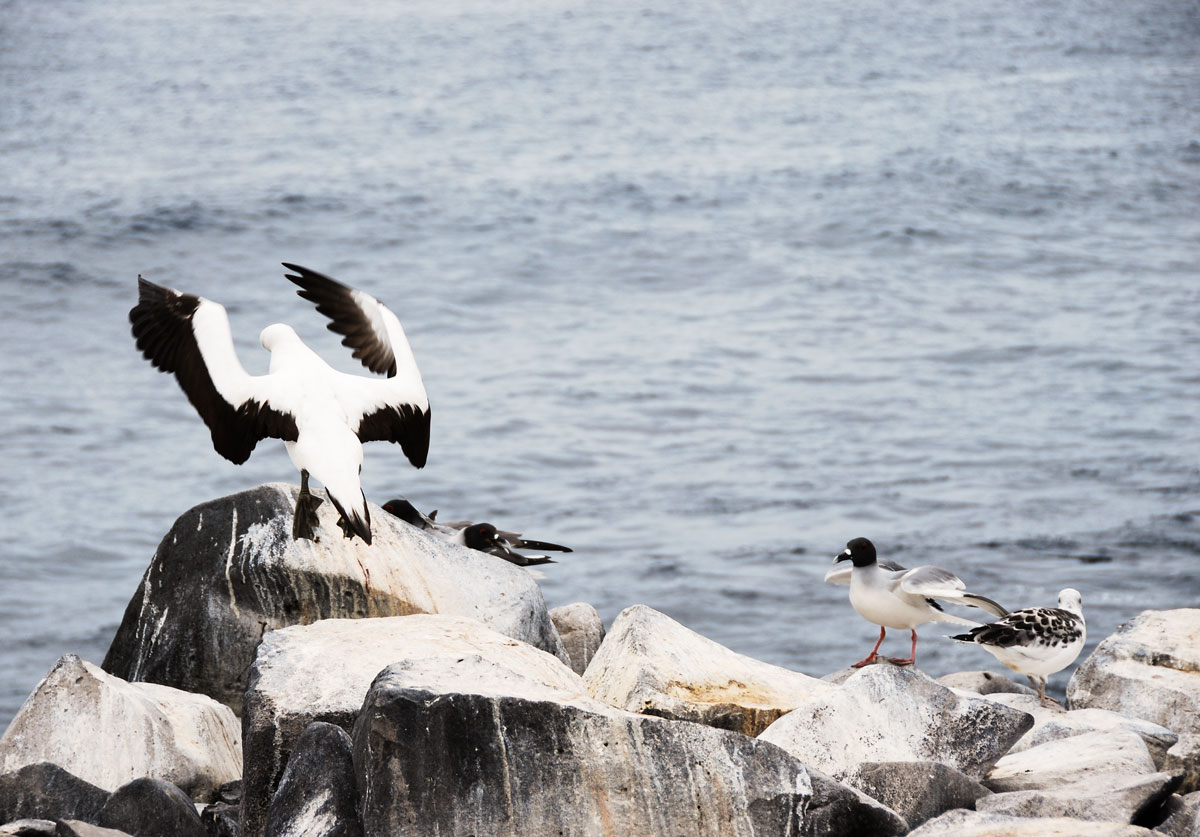
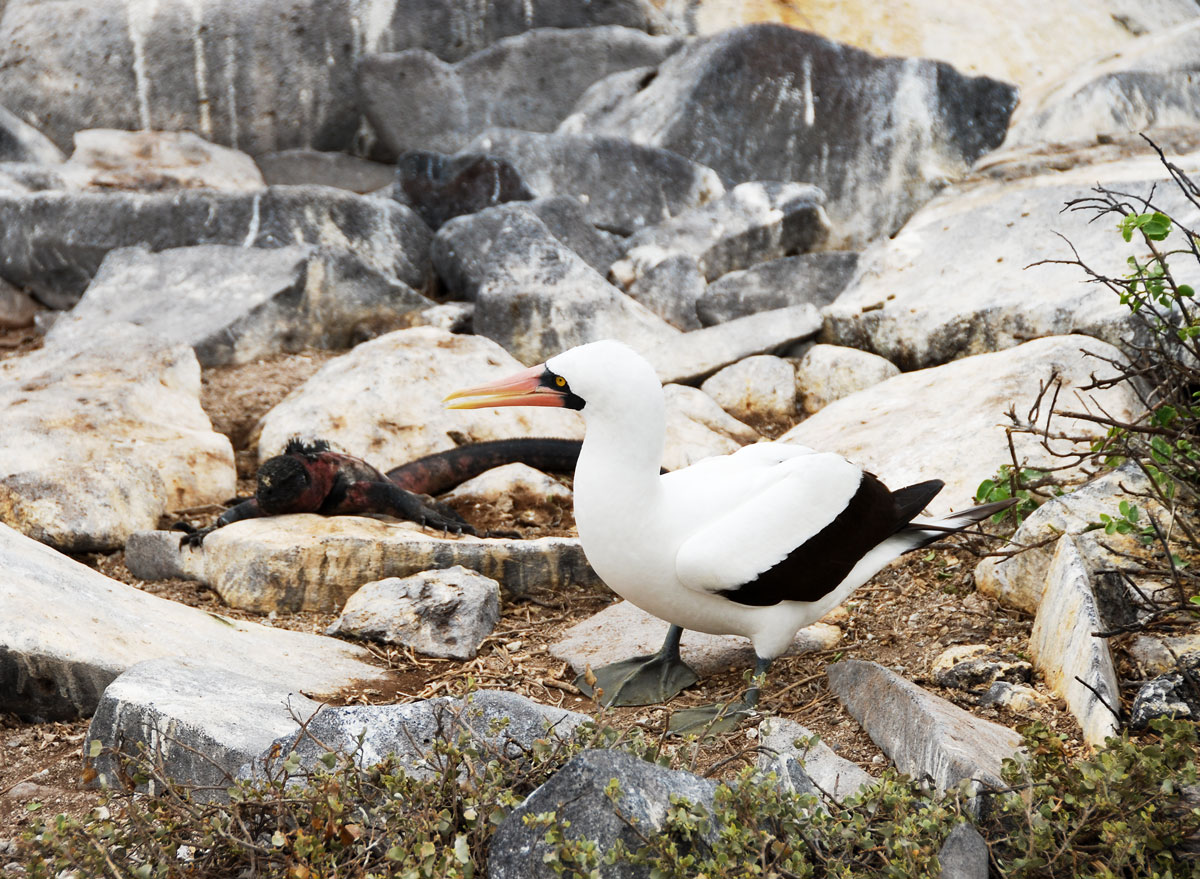
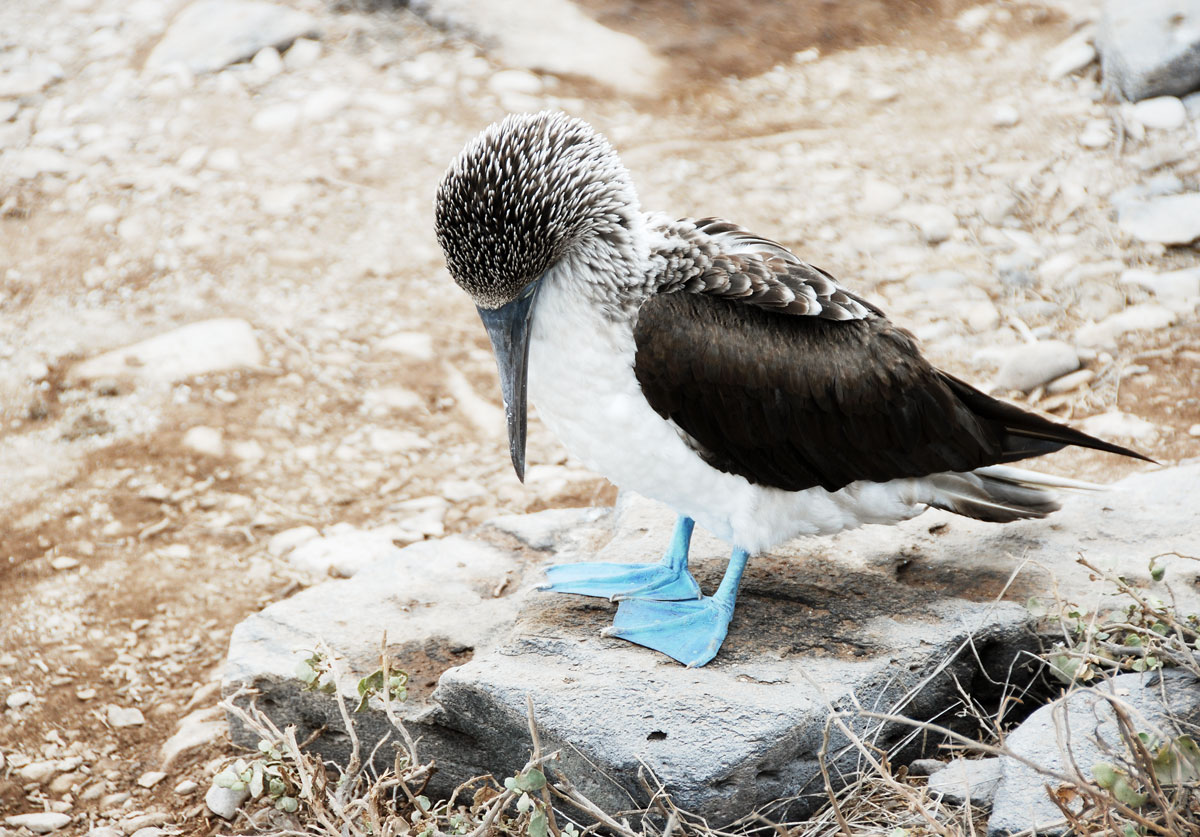
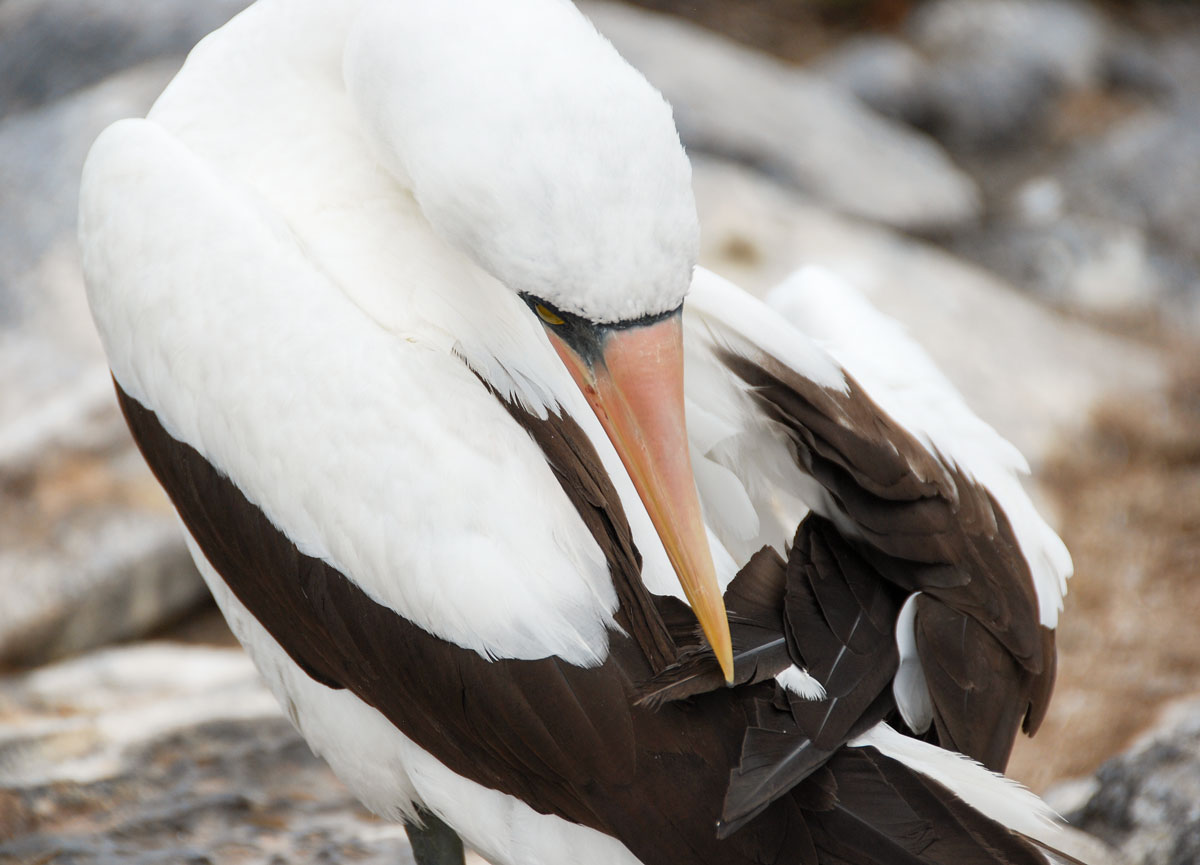
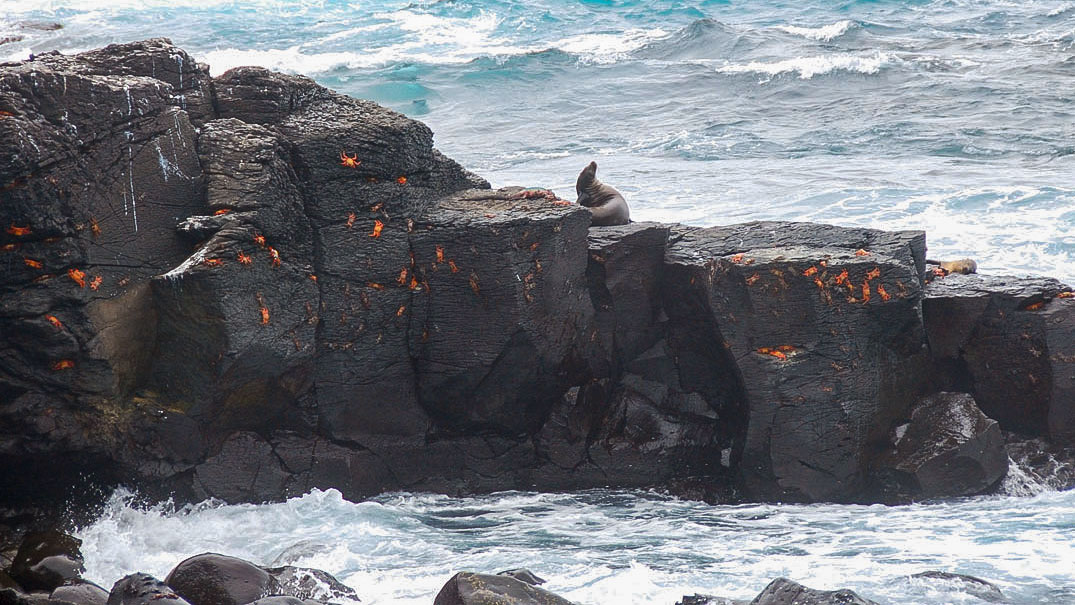
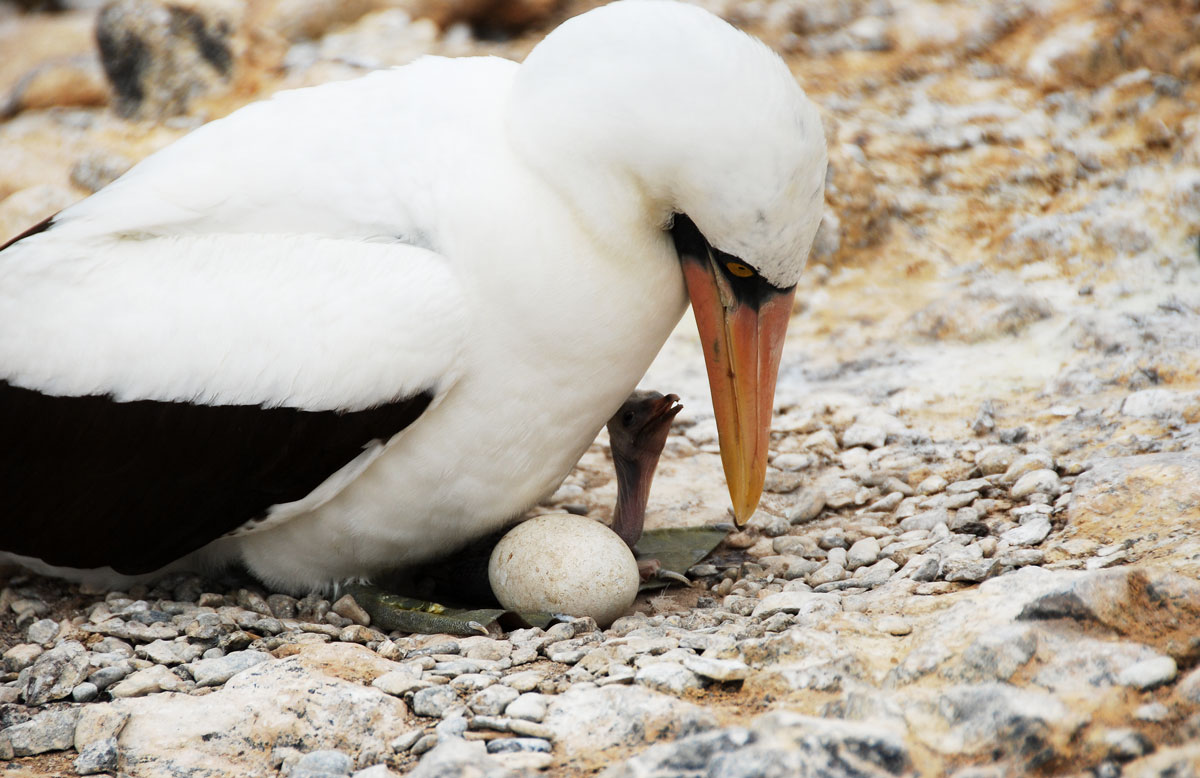
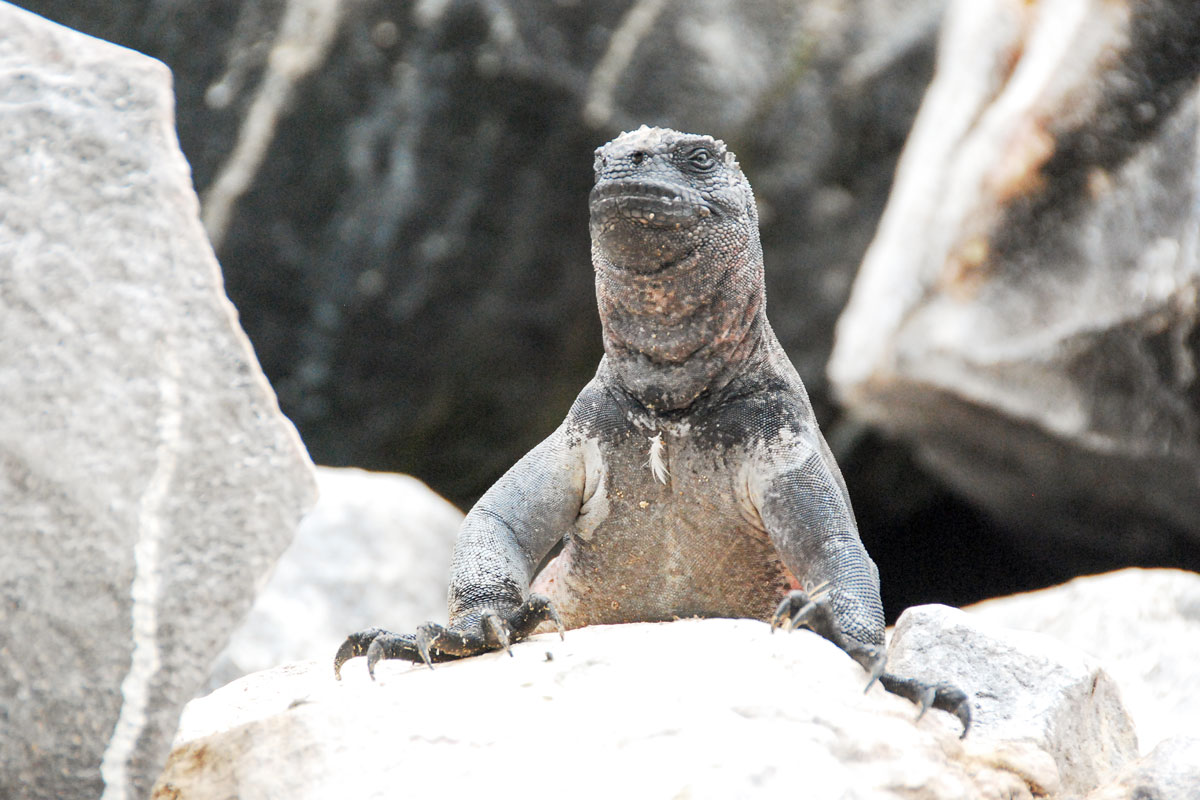
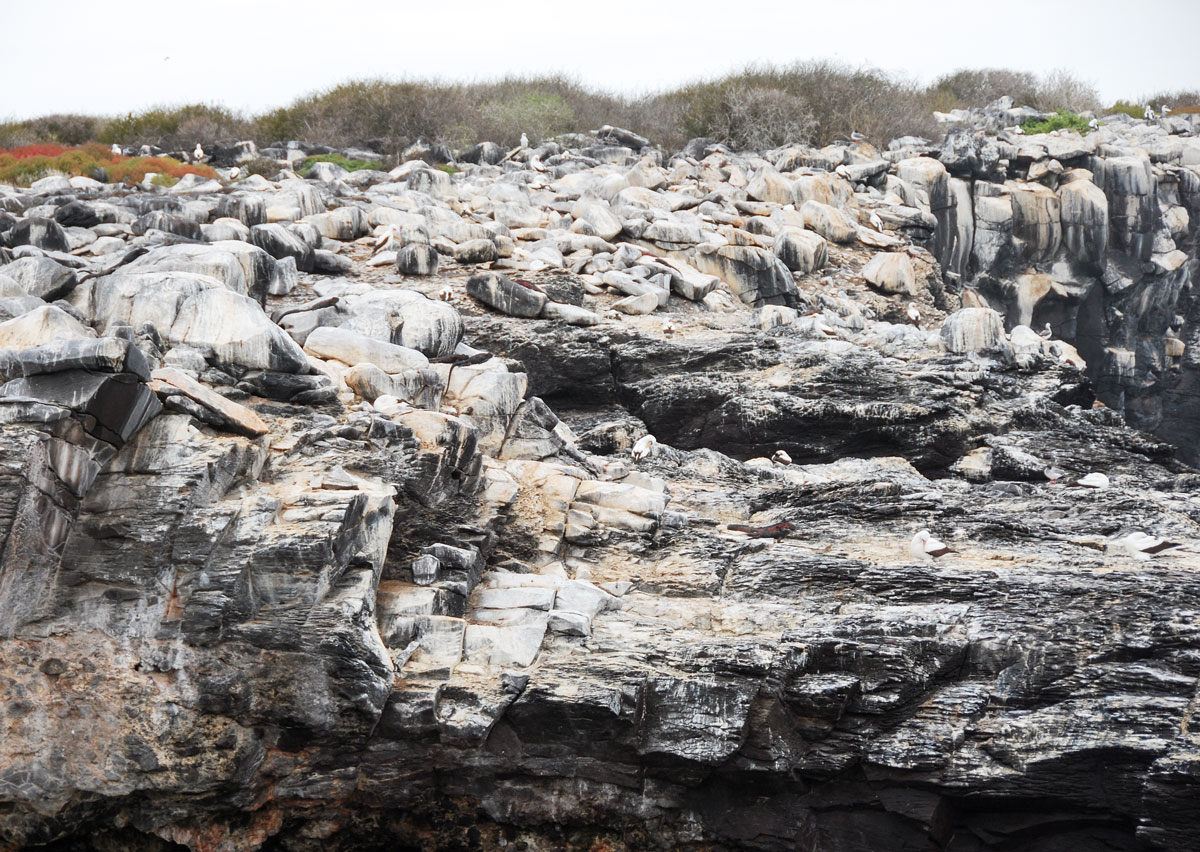
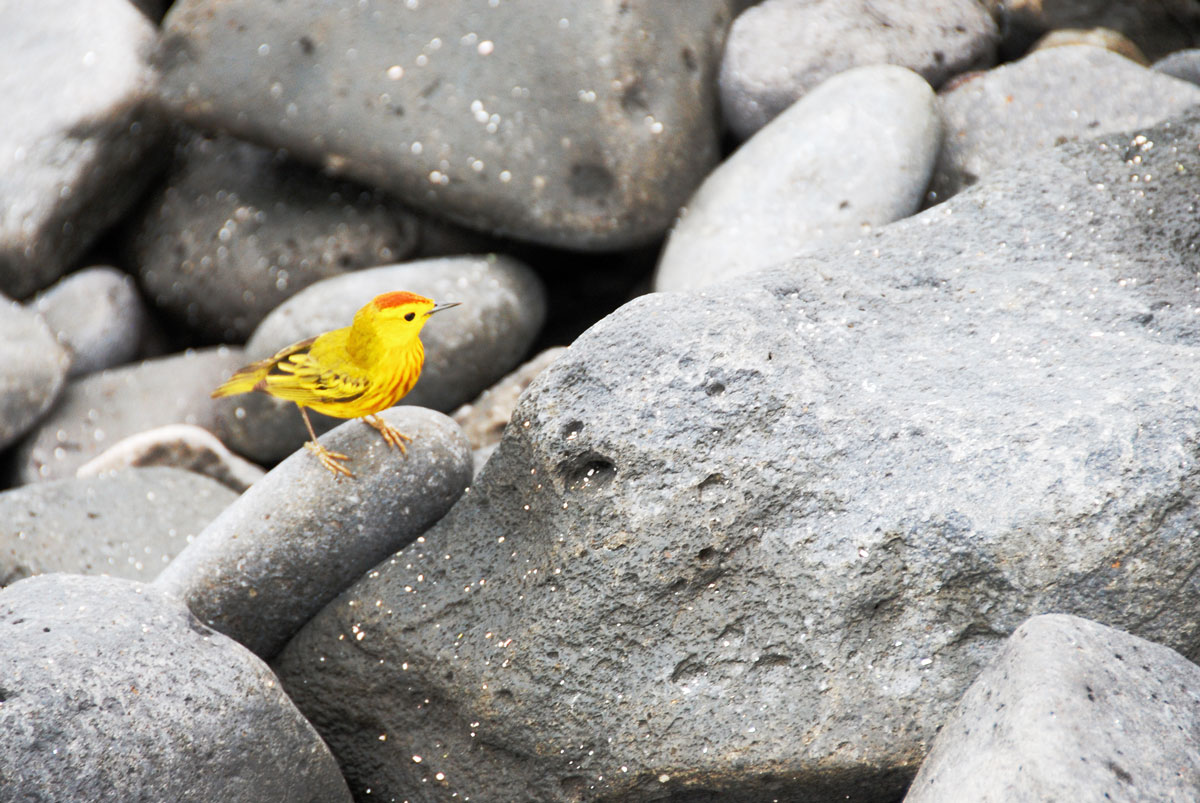
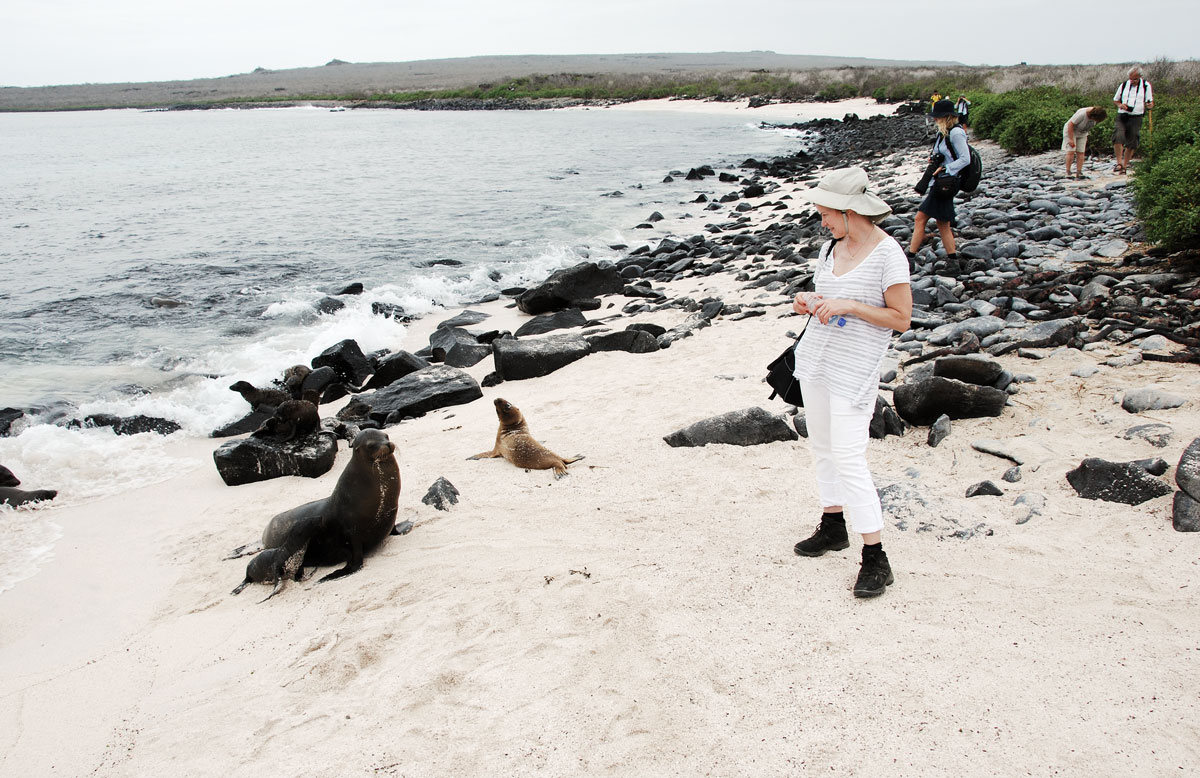
Facts of Galápagos Islands
- Galapagos lies in Ecuador and consists of 19 islands.
- There are four cities in Galapagos: Puerto Ayora (in Santa Cruz), Puerto Baquerizo (in San Cristóbal), Puerto Villamil (in Isabella) och Puerto Velasco Ibarra (in Floreana).
- The Galapagos Islands became a national park in 1959 and is on the UNESCO World Heritage List.
- Charles Darwin wrote his book On the Origin of Species after a three week visit to the Galápagos Islands in 1835.
- Temperature: June-November: The cool, dry season. If you are planning to visit Galapagos during these months and want to snorkle (yes, you want!) you need a wetsuit because it is rather cold in the water. If you are with a cruise ship they will provide the wetsuit.
- December-May: The warm, wet season. It may get really hot, well over 30 degrees. However, it is cooler up in the highlands.
- Tip: The staff on the cruise ship expects to be tipped, c. 20 USD- 50 USD per week and per passenger, and the island guide from 10 USD and up.
